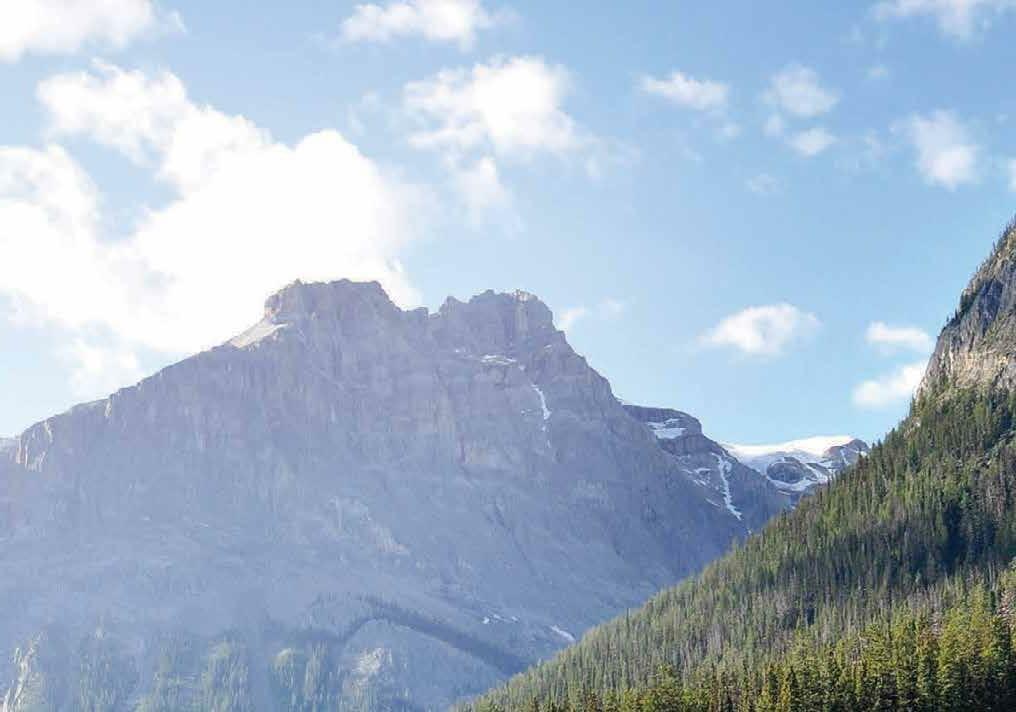


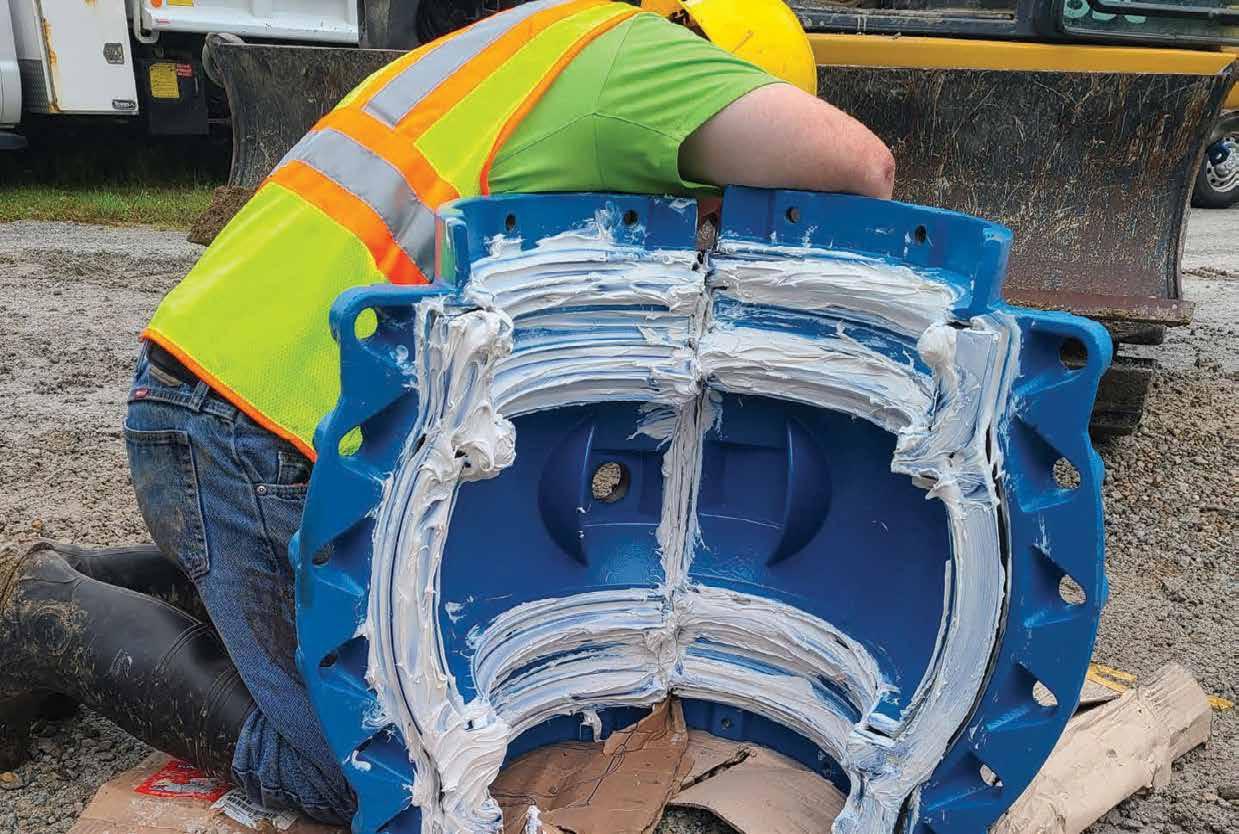












































www.inawwa.org
AWWA Membership Tenure Awards 14 2022 John N. Hurty Service Awards

















































www.inawwa.org
AWWA Membership Tenure Awards 14 2022 John N. Hurty Service Awards
15
2022-2023 Board of Trustees CHAIR John Crider 260-589-2811 water@cityofberne.com
CHAIR ELECT Jaimie Foreman 317-571-4144 jforeman@carmel.in.gov
VICE CHAIR Cathy Lance 574-850-4561 cathy.lance@peerlessmidwest.com
PAST CHAIR Jeff Cunningham 812-723-0863 jeffc@mesimpson.com
DIRECTOR Chris Harrison 574-377-4563 charrison@contactcei.com
SECRETARY-TREASURER Neal McKee 765-648-6420 ext. 4402 nmckee@cityofanderson.com
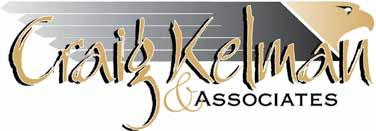
ASSISTANT SECRETARY-TREASURER Larry McIntosh 812-358-3654 manager@jacksoncountywater.com
TRUSTEE – SMALL SYSTEMS NORTH Justin Schaffer 260-849-9016 jshaffer@townofmonroe.com
TRUSTEE – NORTHWEST DISTRICT Chris Johnsen 219-221-3916 cjohnsen@mcwaterdept.com

TRUSTEE – NORTHEAST DISTRICT Jeff Boyle 260-860-1292 jboyle@ligonier-in.gov
TRUSTEE – CENTRAL DISTRICT Dylan Lambermont 317-773-2249 dylanl@wesslerengineering.com

TRUSTEE – SMALL SYSTEMS SOUTH Steve Jenkins 812-768-6899 stevejenkins.gwi@gmail.com
www.kelmanonline.com Tel: 866-985-9780 Fax: 866-985-9799
Managing Editor: Marc Lagace Design/layout: Dani Goulet Marketing Manager: Dave Gill Advertising Co-ordinator: Stefanie Hagidiakow
TRUSTEE – SOUTHWEST DISTRICT Shawn Kluesner 812-929-4320 shawn.kluesner@ejprescott.com


Hope everyone is ready for the Holiday Season and that you have your winter check list done for the cold season ahead of us. Our Indiana Section Staff and Committees provided a great Water Institute for us which ran December 6–8. The numbers were good with 590 attendees, 77 exhibitors and fi ve sizeable equipment displays. Our exhibit hall was bustling with activity throughout the conference.
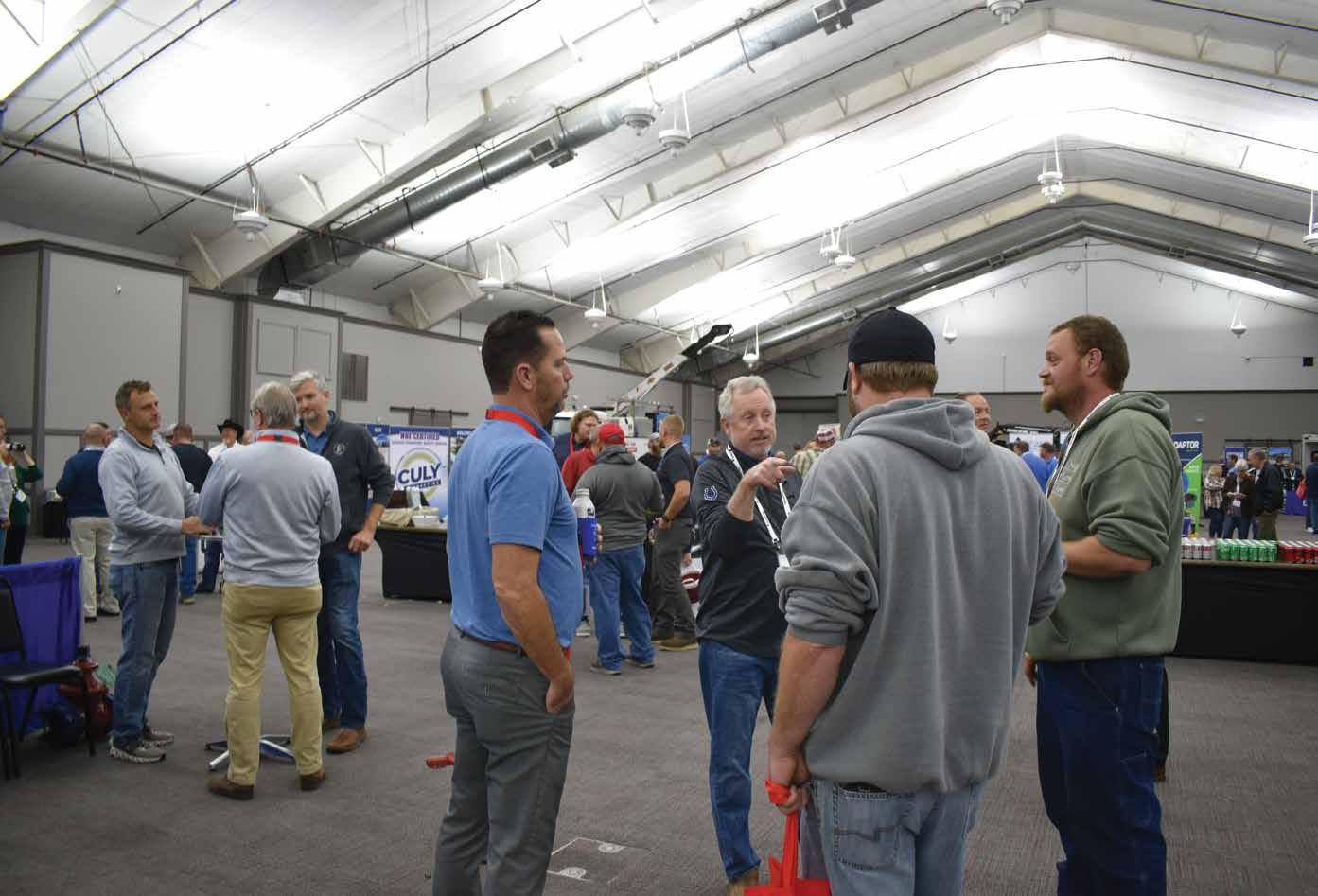
The Meter Challenge competition was held and we are proud to have our Indiana winner, Isaac Brimner, heading to 2023 ACE in Toronto in June. For this year’s Water Institute, I was sorry we couldn’t have a Hydrant Hysteria competition, but we’ll look forward to that for 2023. We also welcomed seven Gambold Education Fund scholarship awardees.
It was great to recognize the hard work of our 2022 ‘Operator of the Year’ awardee, Ray Hopkins from East Fork Water. We also recognized Ed Nugent of Utility Supply Company as our newest ‘Hoosier Water Award’ winner and would like to thank him again for his long-standing and dedicated contribution to the water industry in Indiana. As is tradition, Mr. Nugent will be honored with the second part of the award at the Annual Conference in Indianapolis next April 10–13. Congratulations to all of our awardees and winners at Water Institute.
Attendees enjoyed pre-conference workshops on Cybersecurity, Utility Energy Audits and Operator Certification Exam Prep and breakout sessions, the Small Systems Forum and Utility Board Members, Managers & Superintendents program along with Technical Sessions for water and wastewater operators.
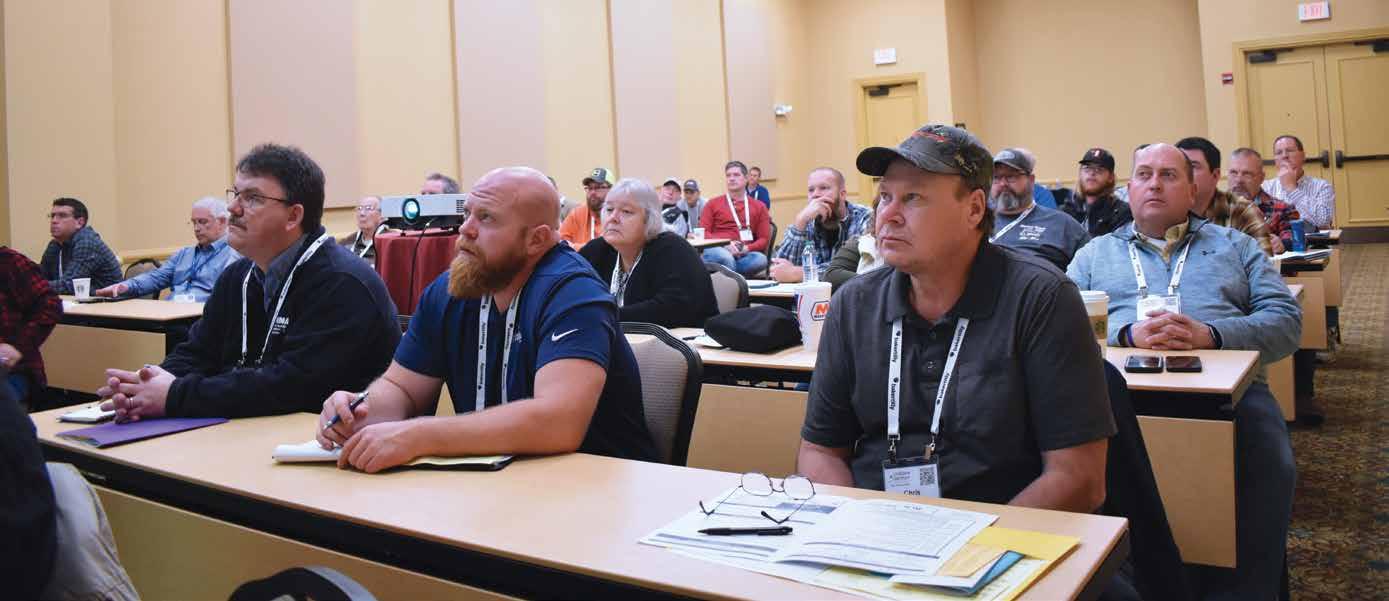
Look for the Spring District Meeting dates coming out in the new year. We have a calendar out with most of the meeting dates on it along with the annual conference and
golf outing dates. As always, if you want to be involved on a committee, please contact staff or your District Officers. Stay safe this winter and God Bless.
A look at the bustling Water Institute Exhibit Hall.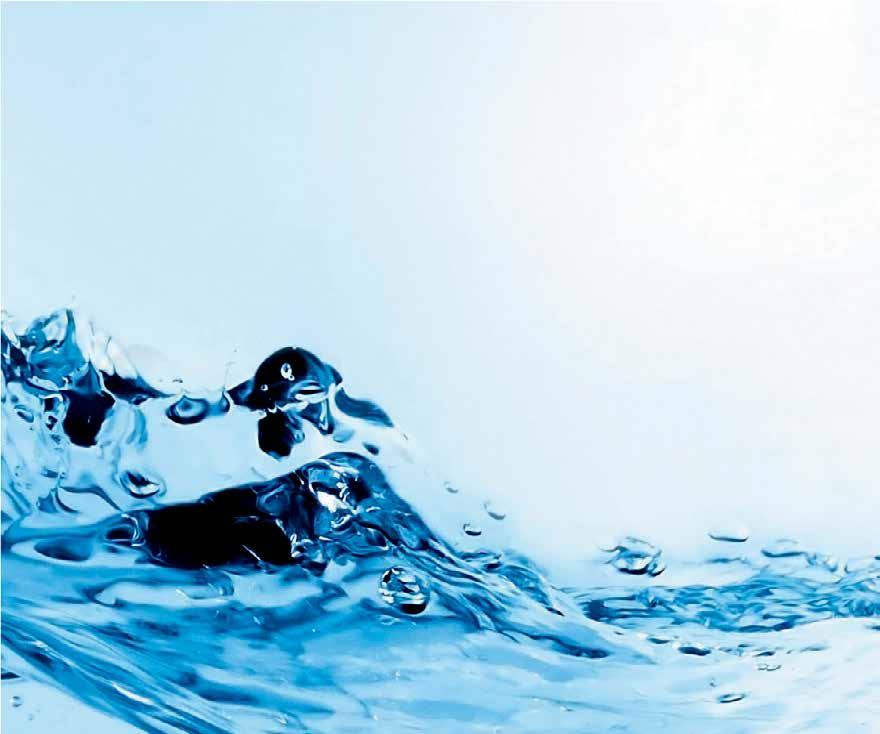


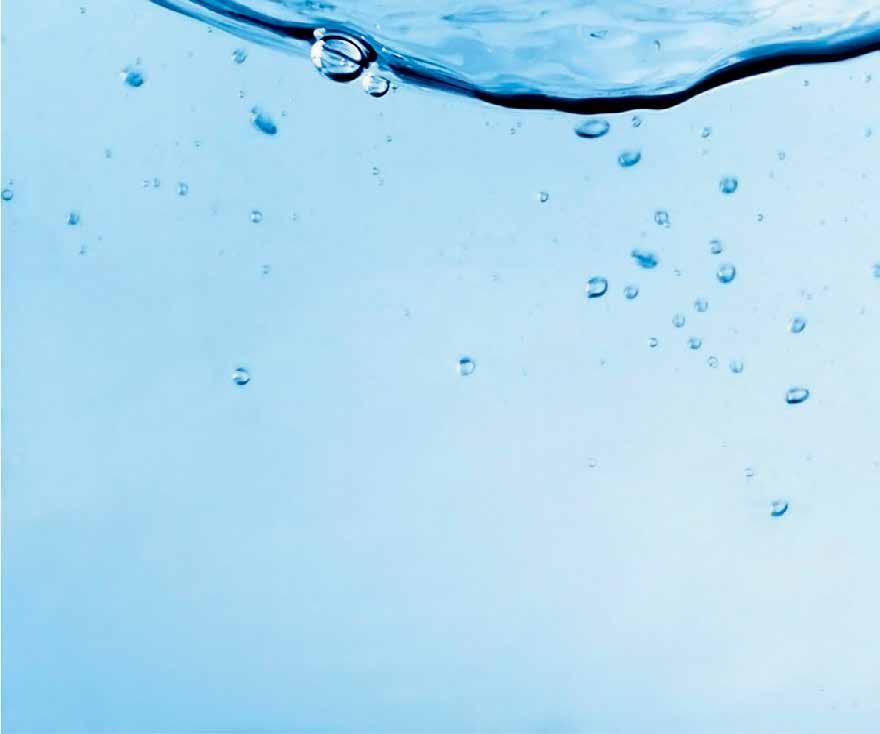
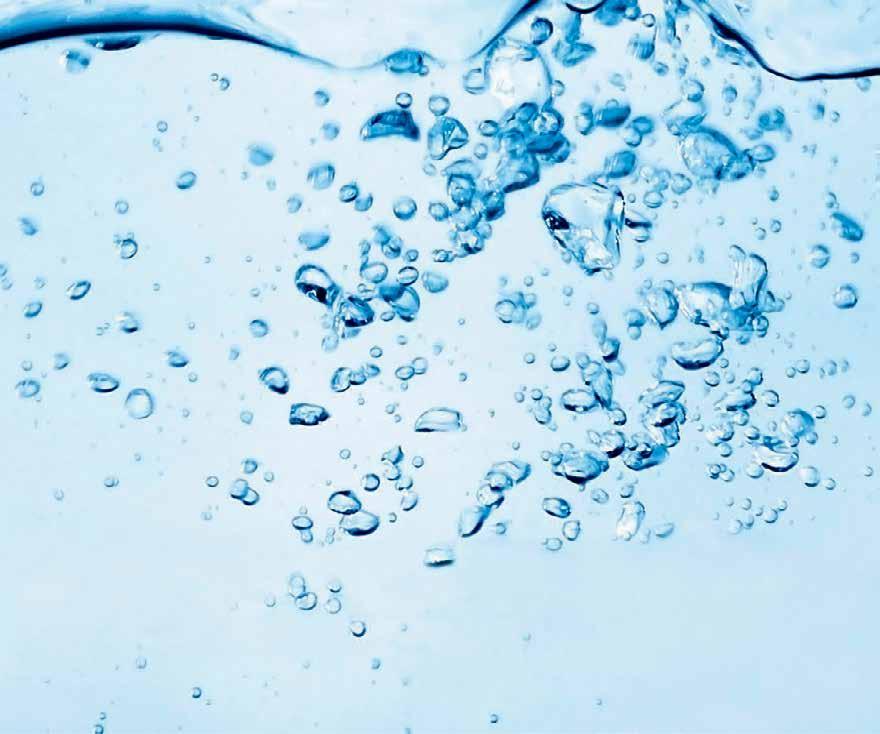
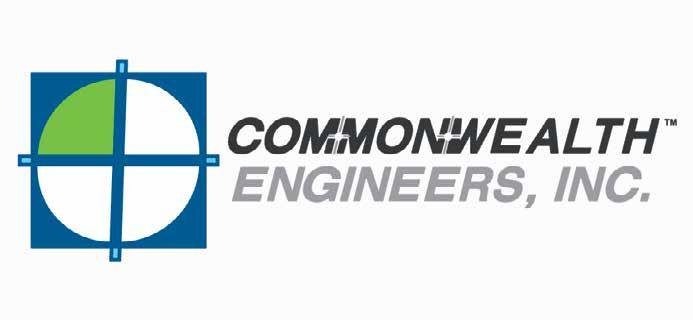
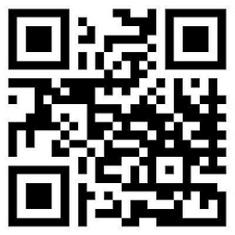
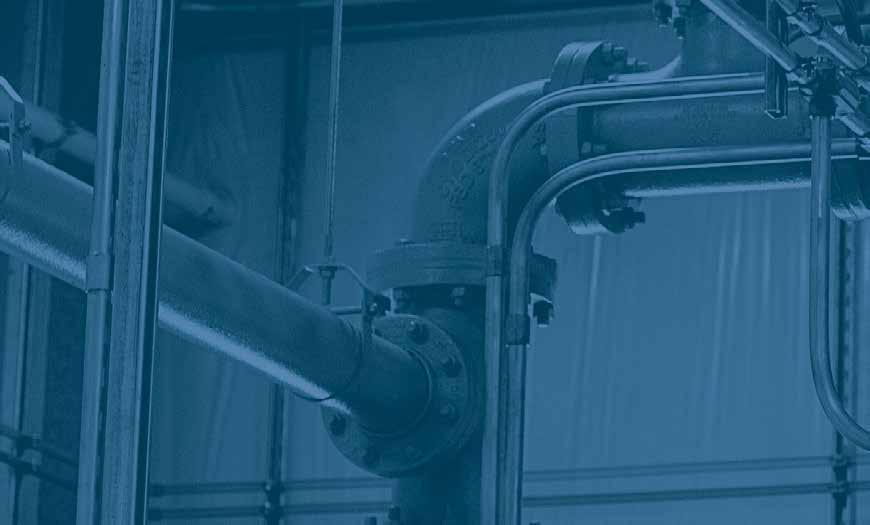
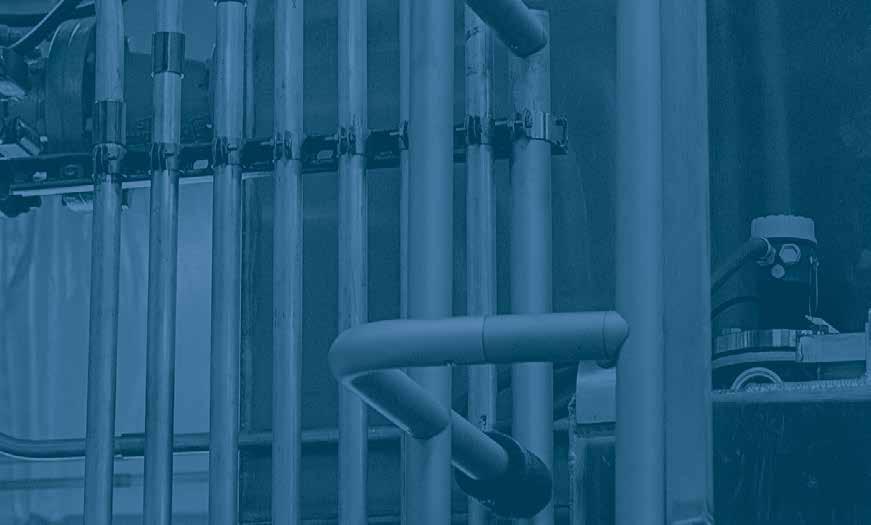
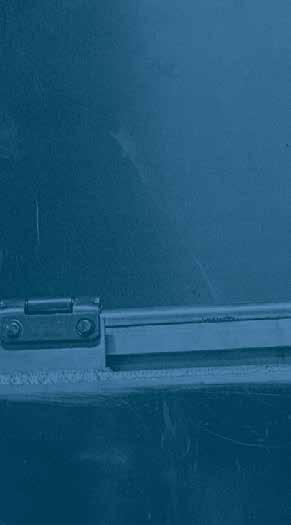
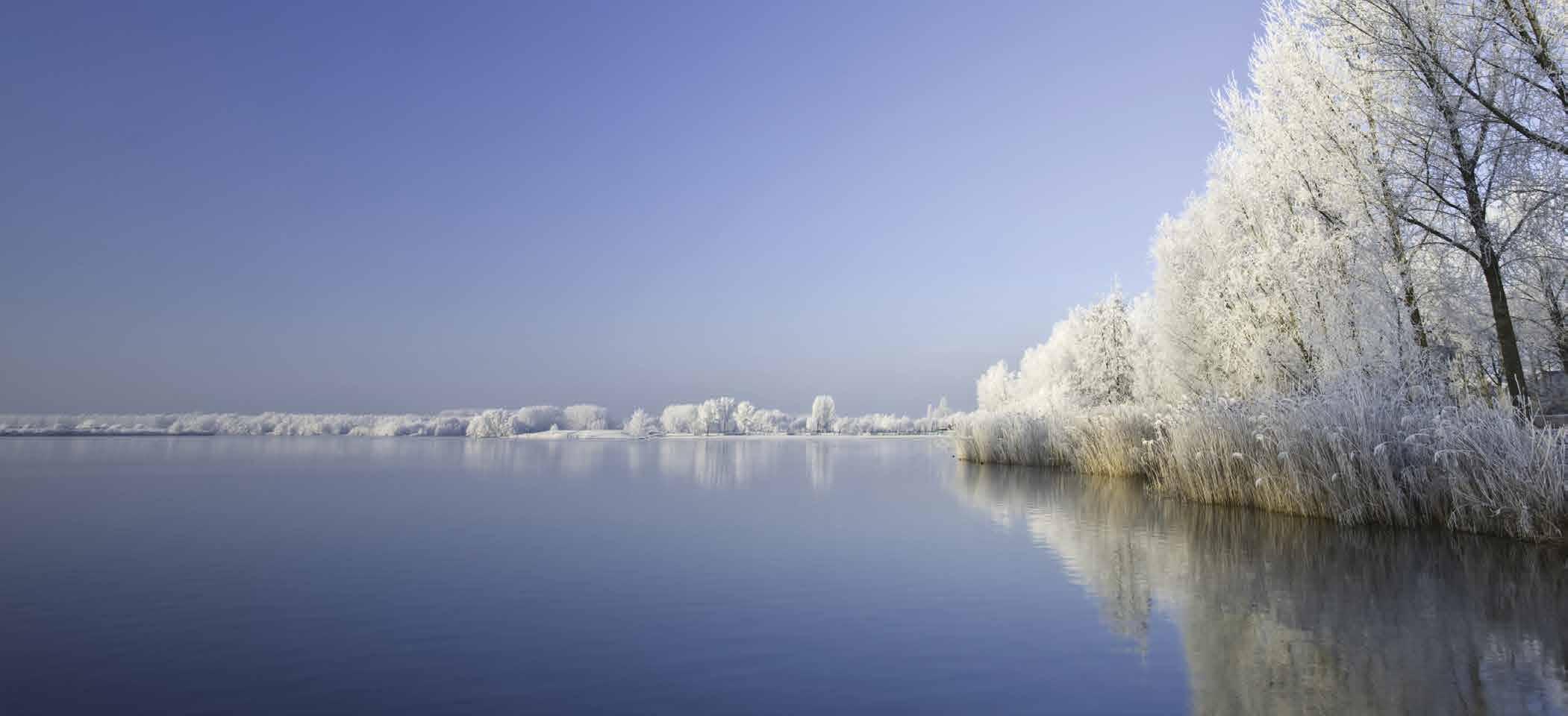







As I travel throughout the State, the underlying discussion I’m hearing from communities is “What is an Asset Management Program and why do we need an Asset Management Program Certifi cation to be compliant to receive State Revolving Funds?” Great question! I want to give you an overview of what is outlined in an Asset Management Plan (AMP) and the three main categories of an Asset Management Program which are technical, managerial, and financial.
An Asset Management Plan is a document to assist in the long-term management of the assets necessary to support cost-effective, proactive decisions including creation, acquisition, operation & maintenance (O&M), and replacement/upgrade of water or wastewater utility assets. Assets would include equipment such as pumps, motors, tanks, piping, etc., which are in operation 24/7 and deteriorate over time, resulting in increased maintenance cost and potentially placing the utility at risk of catastrophic failure. A comparable example would be an old pickup truck with a rusted-out body, bald tires, and an engine which smokes half-way down the street when you place oil into it. The truck still runs, but is clearly past its useful life and no one in their right mind would expect the truck to be in service 24 hours a day. In general terms, an Asset Management Plan is a playbook to help a community plan, operate, and maintain their utility.
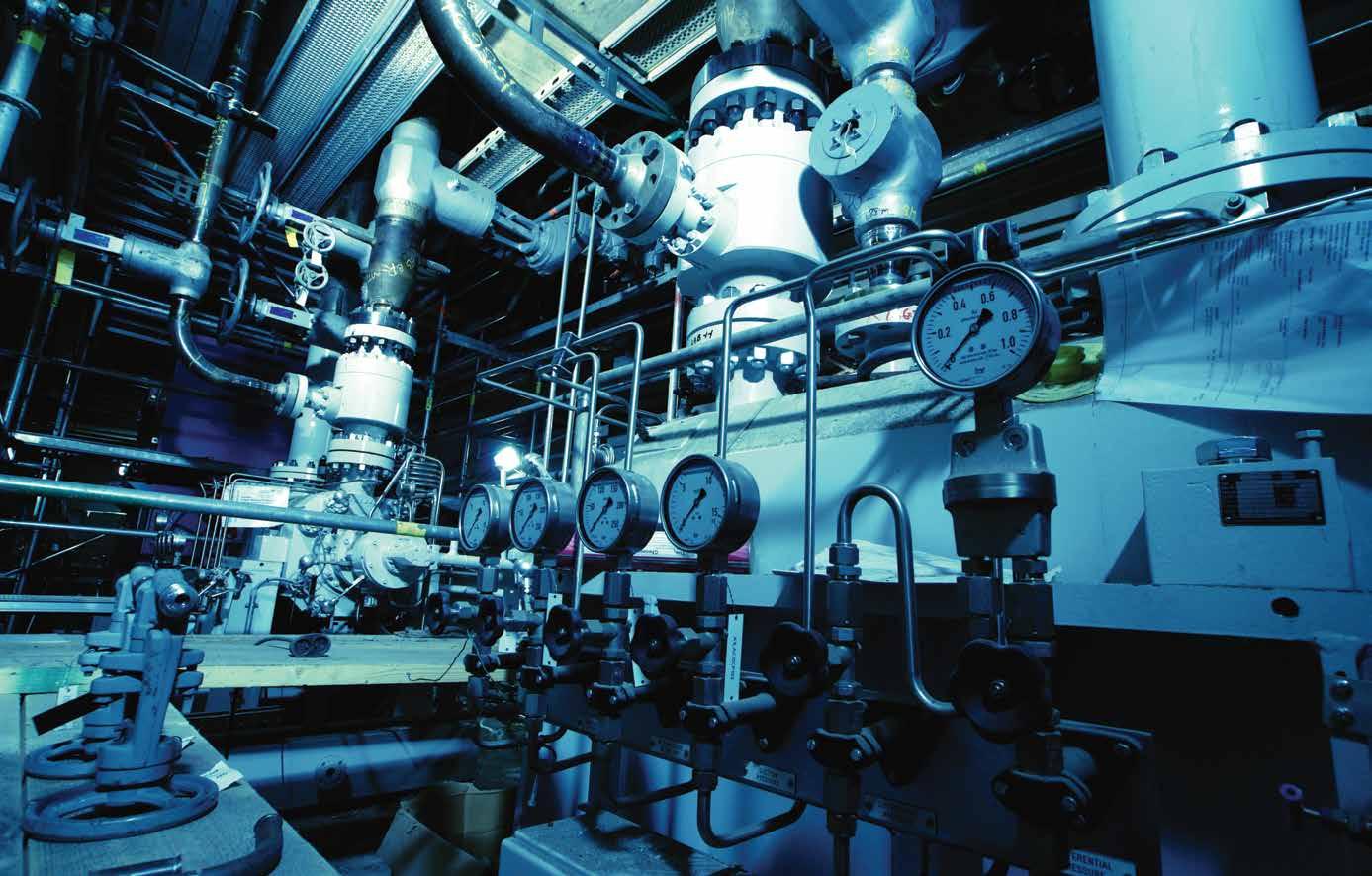
Each AMP is organized into three sections: technical, managerial and fi nancial. The objective of the AMP is to achieve the lowest long-term cost of operation while continuously
providing the desired level of service of the utility. The AMP is a “living document” and should be regularly referenced and revised to include any new assets acquired and the deleting of retired equipment. The AMP will also categorize the failure risk to the community and determine when it is most appropriate to repair, replace, or rehabilitate an asset. A good example would be the required cleaning of a wastewater lagoon. Most lagoon systems have a cleaning lifecycle of 20 years. The AMP would outline the timelines for cleaning the lagoon, provide an estimated cost for the cleaning, and provide direction for accrual funding over time to pay the costs of the cleaning. This provides a structured framework for the utility staff, Clerk Treasurer, and board members to plan accordingly and determine a long-term funding strategy for the community.
An Asset Management Plan (AMP) is important for the following reasons:
• Helps to maintain essential utility service to the customer.
• Provides proper O&M and scheduled replacement of critical infrastructure for public health and safety.
• Assists with the economic development for a community.

• Maximizes system reliability and effi ciency.
• Utilities are a major public investment and must be managed accordingly. For further guidance, please reference Indiana, Senate Bill 272, which, effective July 1, 2023, requires a community to submit an Asset Management Program certifi cation with a Preliminary Engineering Review for the State Revolving Fund program. Also reference Indiana, Senate Bill 362, which became active in 2018 and requires an Asset Management Program certifi cation for new or expanding capacity for utilities to obtain an IDEM construction permit. This includes all funding avenues.
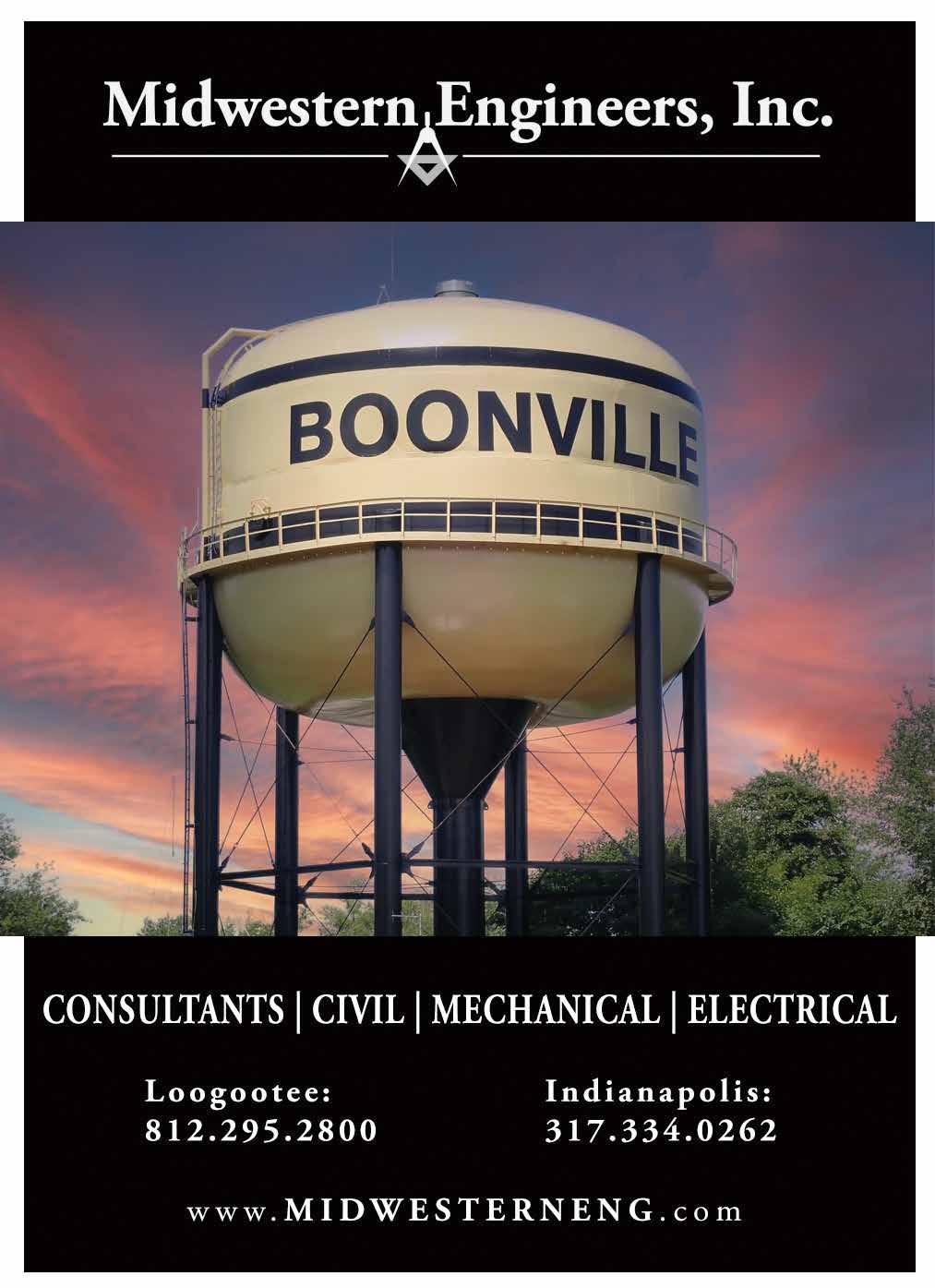

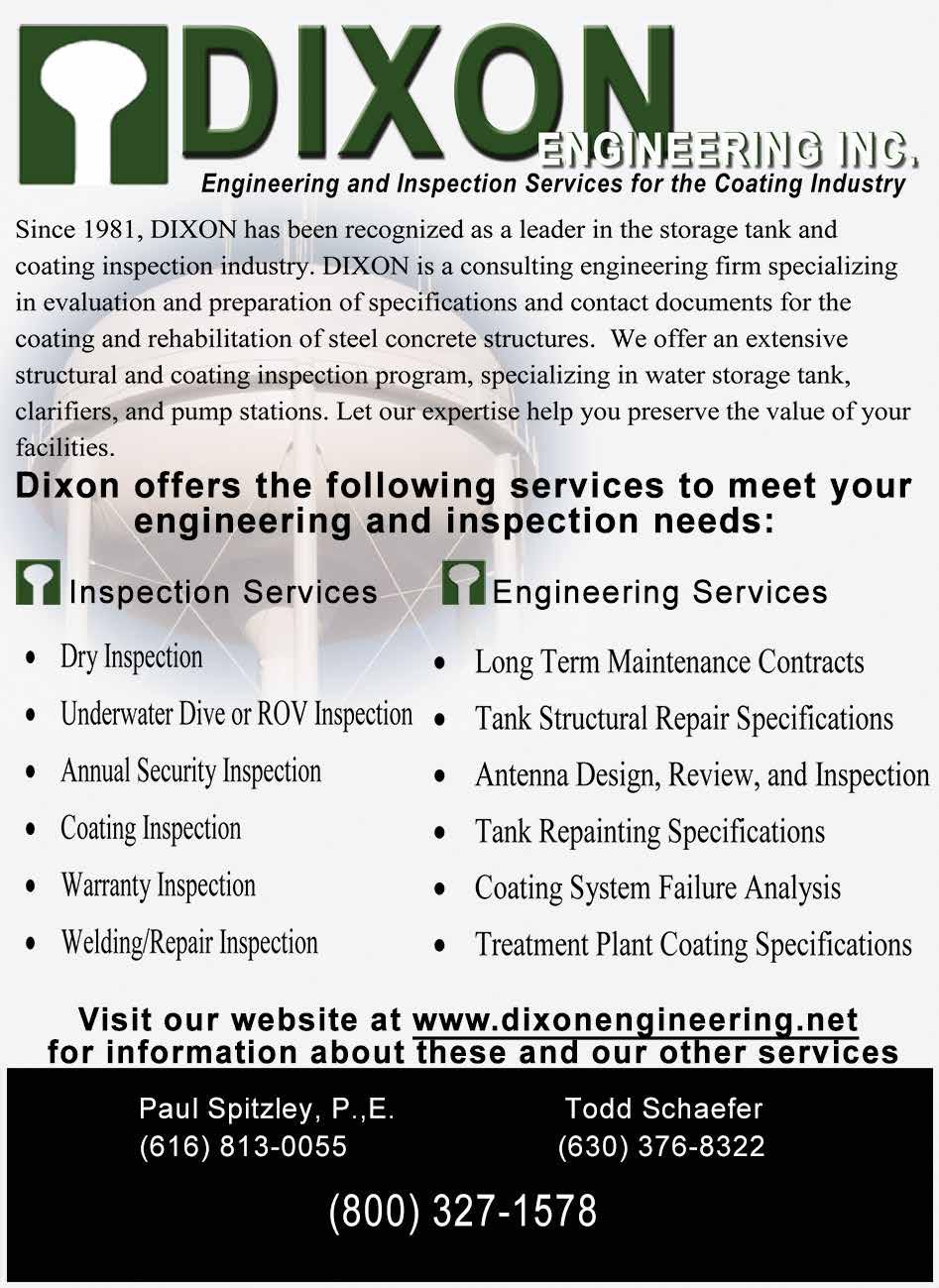


As I am writing this small article, can you believe it is already November? I can’t!
My how the time goes by. Thank you to those of you that filled out the survey we sent out a few months back. Whether you did or did not, please let us know what we can do to better assist you. We sent the survey so you could let us know how we can better assist you and help you address the needs of your small system.
By the time you read this, we will have had our Water Institute & Equipment Expo at French Lick. There was a great technical
The Northwest District held a fall meeting at the American Legion in Wanatah on September 30, which was very well attended. Sarah Hudson of the IFA moderated a regional meeting. Then, Stacy Jones of IDEM provided information about the new Lead and Copper Rule. Finally, Liz Melvin provided IDEM updates.
During the break, the Meter Challenge was conducted, where two City of Hammond employees battled to get the chance to compete at the Water Institute. Hurty Awards were announced, with recipients ranging from 25 years to one with 65 years!
Just before the fine luncheon provided by the American Legion, the new Offi cers for 2022/2023 were elected.
Thanks all those who attended and helped make the Fall Central District Meeting a success. The membership has approved the following slate of offi cers for the district:
Trustee-Elect – Paul Dickens President – Amanda Canida
Vice President – Bryan Forkner
program assembled for all of your educational needs as well as our first ‘Small Systems Forum’ that was ready to answer your questions and assist you in finding the help and resources you may be looking for. I hope you took advantage of all the educational opportunities that were available. Remember, that just because the conference is over, does not mean that we are done assisting. We are always here, ready to assist you with whatever we can.
Until we meet again, have a very Merry Christmas and a Happy New Year!
Paul Vincent of AME Consulting was elected President, Brian Pullia of the Town of Dyer Water Department was elected Vice President, and Cara Lance-Emerick of ME Simpson was elected Secretary-Treasurer. We would like to thank out-going President Jeremy Beckner of the Town of Winamac for his hard work as an Offi cer, especially through pandemic restrictions.
The Officers will be working on the details of a program in the spring and the fall meeting in 2023. Watch for announcements through e-mail and on the Indiana Section AWWA website. If you have suggestions for topics of concern, or, if you have interest in being considered as an officer of the District, please let us know.
Secretary – Steve Moore
Treasurer – Ed Bukovak
Technical presentations at the meeting included lead service lines, supply chain disruptions, and PFAS. Workshops are being planned for 2023 in May and November, with the district set to meet again in October.

On September 15, the SE INAWWA District had our fall meeting in Shelbyville at the beautiful Blessings Opera House, hosted by Indiana American Water. Many thanks to our speakers and to our hosts for organizing a tour of the Indiana American Water London Road Plant. As always, I want to thank our many partners; we would not be able to have such informative sessions without their support.
Elections for the 2023-2024 year took place, with the membership approving the following slate of offi cers:
Linda Sanders, Wessler Engineering –Trustee, Re-elect President – Donna Ennis, DC Develop Vice President – Erich Nugent, Utility Supply Co.
Secretary Treasurer – Bill Jones, Town of Edinburgh
The Spring SE District Meeting will be on May 11 at Silver Creek Water Corporation.
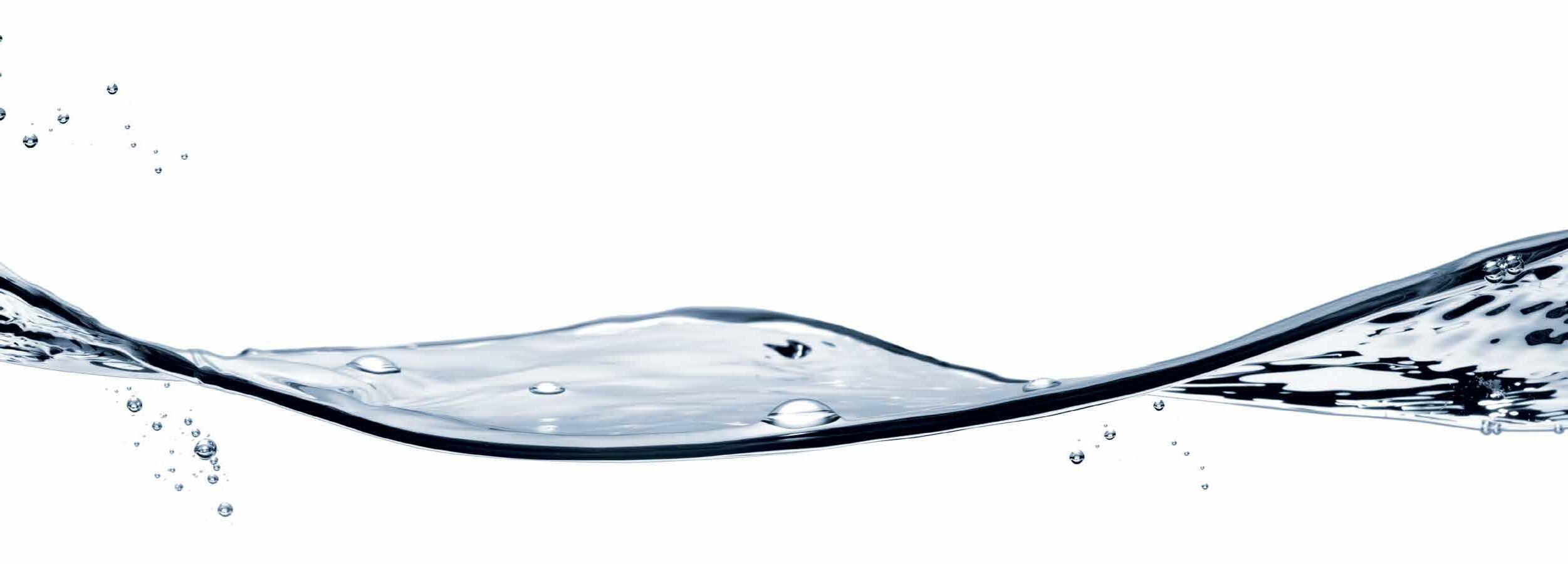

Many thanks to Scott Ham for offering to host our meeting. Watch for more details on the workshop from the staff at INAWWA.
Respectfully submitted by, Linda Sanders, District Trustee
Southwest District
Offi cers Fall Election Results yielded the following from current Trustee Shawn Kluesner, E.J. Prescott: Trustee Elect – Jon Craig, Midwestern Engineering President – Larry Haag, Beam, Longest and Neff Vice President – Jeremy Farrar, Town of Poseyville Secretary Treasurer – Alfred Cooper Jr.
Northeast District
Offi cers Fall Election Results yielded the following from current Trustee Jeff Boyle, City of Ligonier: Trustee Elect – Chad Plummer, Peerless Midwest President – Bill Carpenter, Decatur Water Utility Vice President – Brad Semon, Utility Supply Company
Secretary Treasurer – Randy Harvey, Town of Auburn
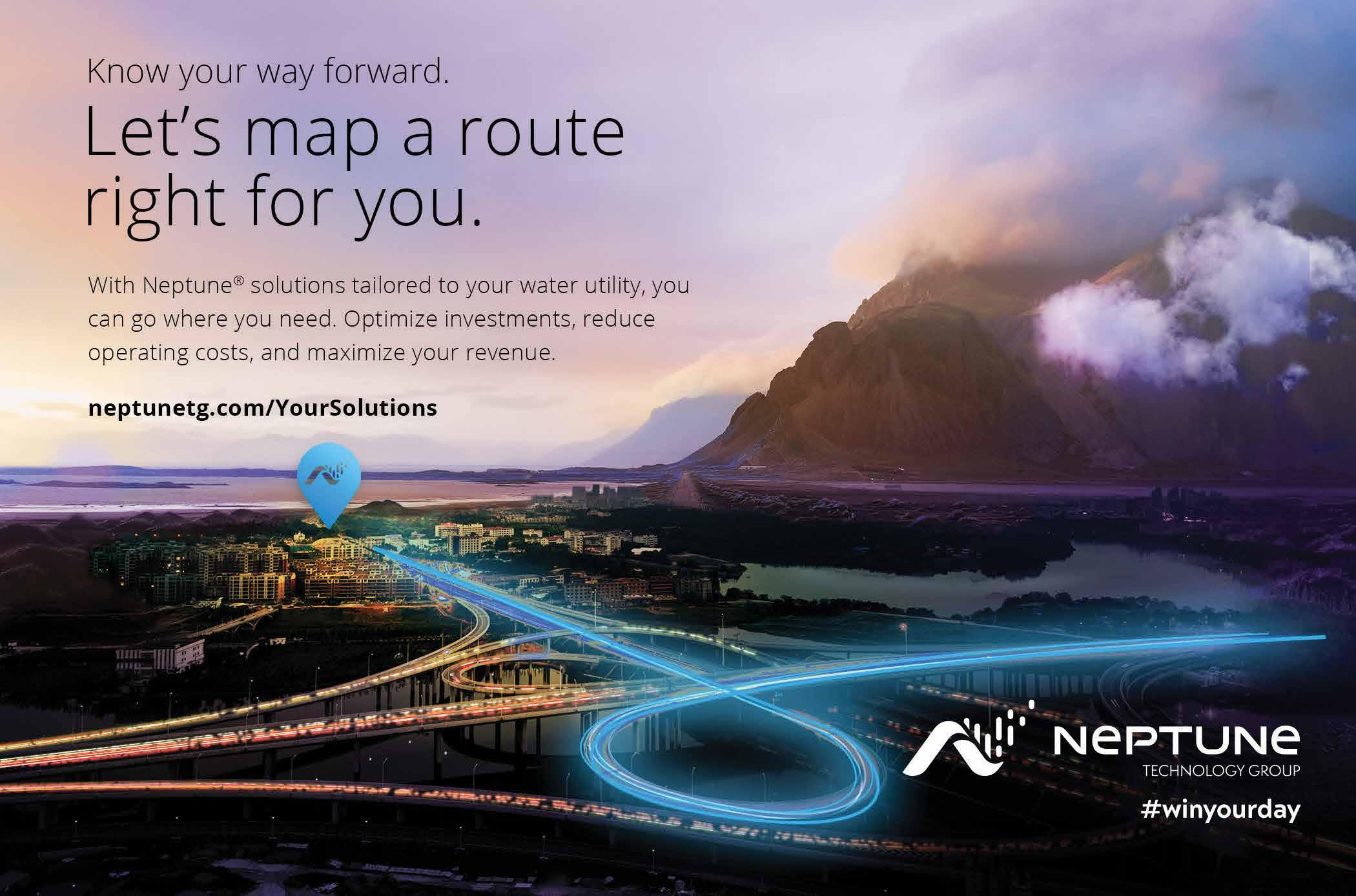







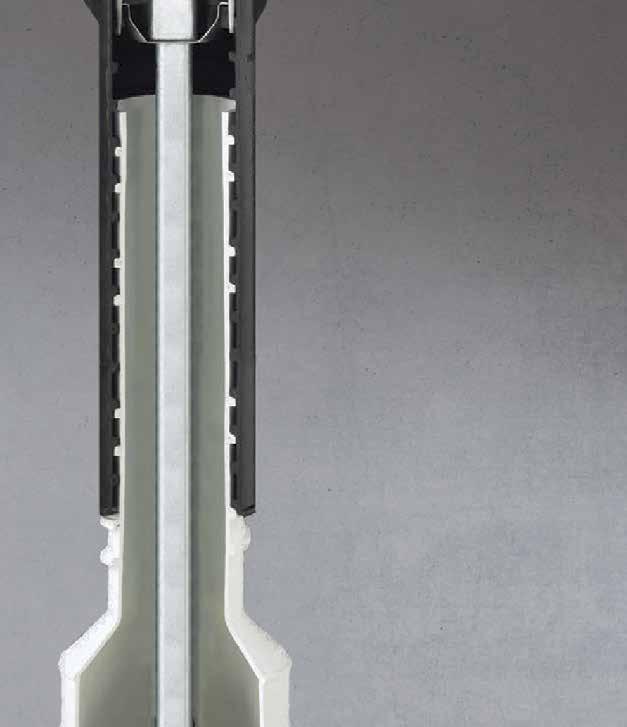







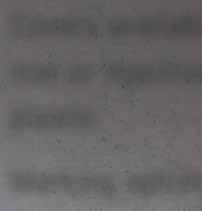












AWWA honors significant membership tenure in recognition of our members who have reached significant milestones in their water industry careers. To be recognized, members must meet the criteria of cumulative years of membership with the AWWA. The Life Member Status and Gold Water Drop Award winners will also to be recognized at the 2023 Indiana Section Annual Conference.
Silver Water Drop Award








(25 cumulative years of membership)


Ronald E. Chupp
Mark Caldwell

Theodore J. Sommer
Eric M. Kuna
Philip S. Marin
Paul A. Johnson
Jack Wittman









Joseph P. Tierney
Joseph M. Teusch, P.E.
John Cochran
John W. Brand
Charles Reynolds
Life Member Status Award (30 cumulative years of membership and at least 65 years of age)
Robert D. Coghill
John Wiltrout


Steve Deal Edward G. Malone Neal McKee






Gold Water Drop Award (50 cumulative years of membership)
John E. Fisher, P.E. Ralph E. Roper Jr.

Every year, the Indiana Section AWWA looks to present the John N. Hurty Service Award to individuals who have achieved 25 years or more of service with one or more Indiana public water utilities. These awards are presented each year at the Indiana Section AWWA fall district meetings.
Congratulations to this year’s award recipients from across the Indiana Section districts!
NE District
30 Years
George O'Hara II –
City of Fort Wayne Utilities
Douglas Brewer –City of Fort Wayne Utilities
Sondra Falcone –City of Fort Wayne Utilities Kevin Owen – City of Fort Wayne Utilities
35 Year
Kevin Allgire – Angola Water Works
40 Year
Doug Reecer – Elkhart Public Works
45 Year
Bill Carpenter – City of Decatur
SE District
30 year
Terry Brindley – Vevay Water
Linda Newman – IAWC Richmond Darla Paul – IAWC Richmond
35 Year
Pat Parker – IAWC Richmond
40 Year
John Barr – IAWC Richmond
Melinda Burton – Columbus City Utilities Roger Neukam – Connersville Utilities
NW District
25 Year
Jeffry VanSyoc – Valparaiso Utilities
Chris Johnsen – Michigan City Utilities Michael Vollrath – Town of Plymouth
30 Year
Gregory Goble – IAWC Gary
Betty Hill – IAWC Gary
John Heridia – IAWC Gary Roy Hulse – IAWC Gary
35 Year
James Farrell – Hammond Water Works
Michael Pipta – Town of Highland Kendall Shelhart – IAWC Gary
David Pahl – Michigan City Utilities
Dennis Harmon – Michigan City Utilities
Doug Collins – Michigan City Utilities
Ron Harper – South Bend Water Works Keith Kendall – IAWC Gary
40 Year
Dennis Lutz – Mishawaka Utilities
Susan Gustafson – Valparaiso Utilities Tim Gembala – Town of Highland
45 Year
Christopher Bolint – IAWC Gary David Clark – IAWC Gary Mark Duvall – IAWC Gary
65 Year
Charles Kelley – IAWC Gary
SW District
25 Year
Laura Reschke – Bloomington Utilities
Michael Runyon – Bloomington Utilities
Daniel Hudson – Bloomington Utilities
Nora Whaley – Bloomington Utilities David Myers – Bloomington Utilities
30 Year
Earl Horst – Town of Bicknell
35 Year
Daniel Hudson – Bloomington Utilities Joseph Werner – Bloomington Utilities
40 Year
Richard Glover – Evansville
Lovina Heavrin – Evansville
Wayne Henderson – Bloomington Utilities
Kevin McKnight – Bloomington Utilities
Tim Myers – Bloomington Utilities
Central District
25 year
Eric Bandy – Citizens Energy Group
Roger Gill – Citizens Energy Group
Allen McClendon – Citizens Energy Group
Dale Koch – Citizens Energy Group
Vincent Brady – Citizens Energy Group
Vanessa Cook – Citizens Energy Group
Kenneth Sanders – Citizens Energy Group
Jeffrey Watson – Citizens Energy Group
Douglas Buffington –Citizens Energy Group
Mark Gray – Citizens Energy Group
Mirko Milivojac – Citizens Energy Group
John Marcum – Citizens Energy Group
Gary Franklin – Citizens Energy Group
Mark Morgan – Citizens Energy Group
Warren Smith – Citizens Energy Group Daniel Wyatt – Citizens Energy Group
30 Year
Carla Baber – Citizens Energy Group
Michelle Dinkins – Citizens Energy Group
Marla Mitchell – Citizens Energy Group
Lee Williams – Citizens Energy Group
Danny Bye – Citizens Energy Group
Brian Harris – Citizens Energy Group
James Noble – Citizens Energy Group
Michael York – Citizens Energy Group
Joseph Baker – Citizens Energy Group
Thomas Caylor – Citizens Energy Group
John Duffy – Carmel
John Mascari – Carmel
Johnathon Gwaltney – Carmel Oscar King – Greencastle
35 Year
Kenneth Blackwell – Citizens Energy Group
Doug Funkhauser – Citizens Energy Group
Bobby Mills – Citizens Energy Group
Herman Richardson –Citizens Energy Group
Steve Bacon – Citizens Energy Group Jerry Cloud – Carmel
40 Year
Jack Spears – Carmel
Dan Gemmecke – Battle Ground
45 Year
John Kline – Citizens Energy Group
Charles Cave – Citizens Energy Group
Robert Daily – Citizens Energy Group
Wayne Runyon – Citizens Energy Group
Jeff Carpenter – Carmel
Edwin Phillips – Greencastle
50 Year
Denny Merritt
Vicky Anderson – Citizens Energy Group
55 Year
Charles Wells – Greencastle


 By James Dipping, PE, CPD, LEED AP BD+C, ARCSA®AP
By James Dipping, PE, CPD, LEED AP BD+C, ARCSA®AP

Knowledge may be power, but the systematic compilation and analysis of data is the key to actionable intelligence. Smart buildings use a wide range of existing technologies to facilitate the effi cient and economical use of resources by collecting and sharing data between systems. And while initial thoughts may go to energy monitoring and HVAC (heating, ventilation, and air conditioning) controls, a growing awareness of intelligent domestic water systems is trending – and for good reason. Today’s building owners, operators, developers, and water management professionals are adjusting to new demands in a post-pandemic world. Many are re-examining traditional functions of their facilities as tenants seek greater fl exibility, connectivity, comfort, health, and safety.
Integrating an intelligent domestic water system can have an impact on all those areas. The use of water management plans can mitigate health and safety risks and help avoid potential lawsuits for negligence. The following information can enhance getting the most out of an intelligent water system.

According to recent reports from the US Environmental Protection Agency (EPA), water use in commercial and institutional facilities (e.g., offi ce buildings and hospitals) account for 17% of publicly supplied water in the US. For these properties, restrooms, heating and cooling, and landscaping account for most of the use. Strategies to increase savings and effi ciency include:
• Implementing energy-effi ciency measures to reduce the need for building and equipment cooling and heating, which will reduce the amount of water required by these systems.
• Harvesting rainwater, graywater (gently used water from bathroom sinks, showers, washing machines, etc.), and other non-potable water sources for outside irrigation and flushing applications.
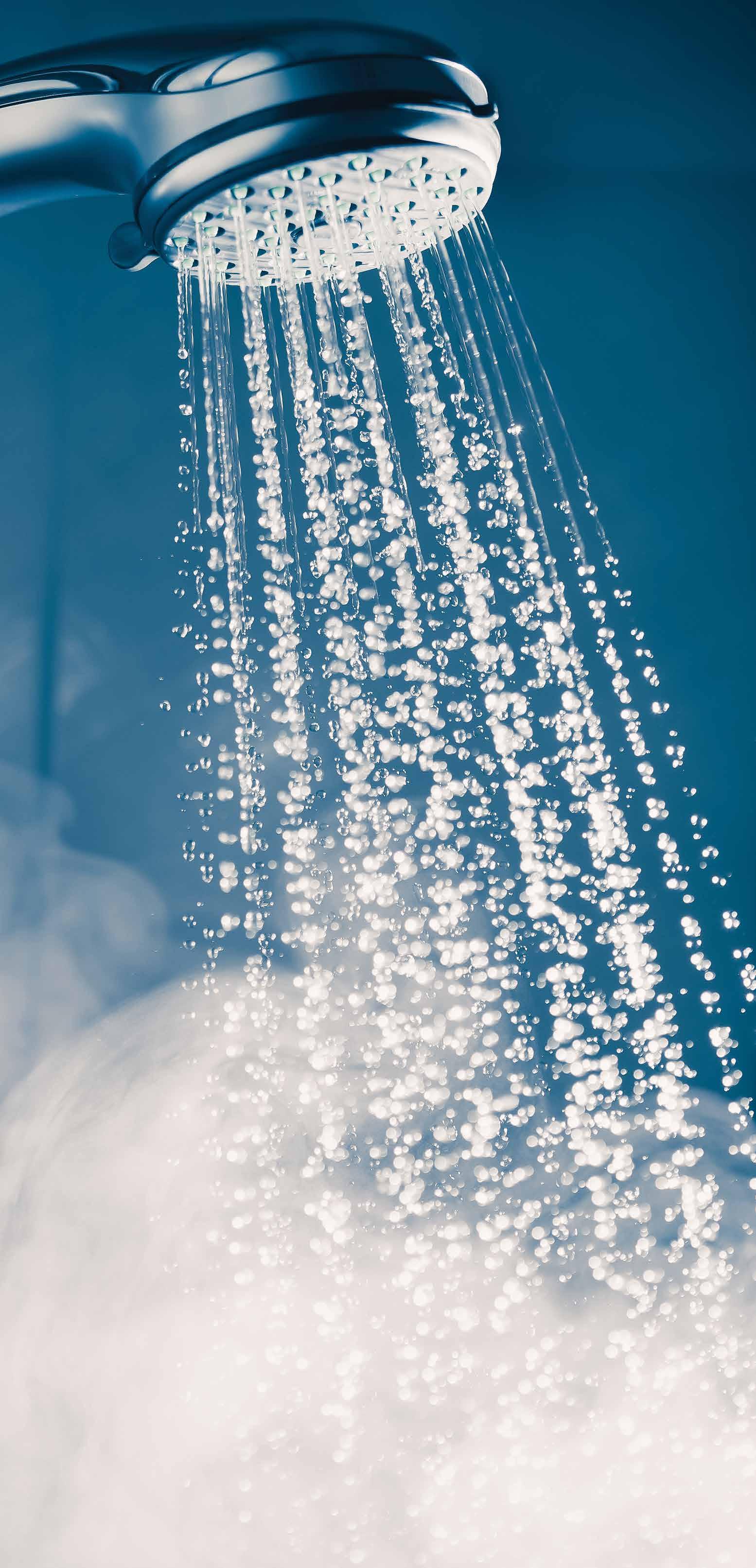
• Installing more effi cient fi xtures (such as dual flush toilets, sensor-controlled faucets, etc.)
However, a huge caveat needs to be placed on the third bullet point. Before anyone rushes out to install low-fl ow fi xtures to save water, they need to be advised that doing so in haste could be putting building occupants at risk. Today’s water pipe sizing practices are outdated and do not consider the decreased volumes of water used by widespread low-fl ow fi xtures. These devices can leave water in the pipes and increase building water age. Stagnant water in these systems can create an environment ideal for cultivating dangerous pathogens, including the bacterium responsible for Legionnaires’ disease.
When water was fl owing at higher volumes through the plumbing systems, the water purveyor’s primary and secondary disinfectants had the best chance at eliminating water borne pathogens because the chemicals used have a certain shelf life. The use of low fl ow fi xtures in conjunction with outdated water pipe sizing practices allow the disinfectants to expire before the water reaches the faucet. As a result, pathogens are given the opportunity to grow and multiply inside the building pipes.
The fi xture unit method referenced in most plumbing codes to calculate water pipe size is based on the outdated Hunter’s Curve, developed back in the 1940s when plumbing fi xtures were consuming water at much higher volumes. The plumbing engineering community must question why a calculation method is being used which fails to refl ect the reality of today’s low fl ow plumbing designs.
Building owners and managers should work with design engineers to correctly size the piping infrastructure of their facilities using tools like the Water Demand Calculator (www.iapmo.org/water-demandcalculator). While this tool is recognized for only certain building types in the Uniform Plumbing Code (UPC), it is a starting point to keeping water moving in buildings and recognizing that fixtures are flowing lower than they were in 1940. Only then, can a wholistic use of water conserving
fixtures be recommended. While they are important, keeping buildings healthy is more important.
Legionella is a general category of bacterium all-too-commonly found in water supplies. There are more than 60 different species of bacterium, 25 of which are known to be implicated in human disease. There is one king of the species, Legionella pneumophila, that is responsible for approximately 90% of all infections. About one out of every 10 people diagnosed with Legionnaires’ disease will die due to complications from their illness. For those who get Legionnaires’ disease during a stay in a healthcare facility, the mortality rate climbs to about one out of every four.
Plumbing engineer professionals have good reason to be so concerned about Legionella since plumbing domestic water systems are the predominant source of the bacteria. If Legionella grows in a plumbing system, the bacteria can spread to humans via small droplets and/or vapor inhaled into the lungs. Common sources where these droplets are ‘made’ include:
• Showerheads and sink faucets
• Cooling towers
• Hot tubs
• Decorative fountains and water features
• Hot water tanks and heaters

• Large, complex plumbing systems So how do the bacteria grow and spread? Water temperature, disinfectant residual, stagnation, and quality as well as pipe materials and other factors can all contribute to the development of Legionella pneumophila growth in the domestic water system. The larger and more complex the building is, the more challenging it is to maintain a healthy, balanced system. Complicating this further, the age, location, surrounding environment, and incoming water quality can also have a signifi cant impact on the development of Legionella bacteria.
Legionella bacteria have an ideal temperature range for growth which also happens to be right in the sweet spot most building occupants favor for washing, bathing, showering, or







soaking in a hot tub. And if the building occupants are in a higher risk category, more options may have to be considered, such as supplemental disinfection to keep occupants safe.
The American Society of Heating, Refrigerating and Air-Conditioning Engineers (ASHRAE) offers a guide to Legionellosis: Risk Management for Building Water Systems (https://bit.ly/2LUtMSR), which it describes as “essential for anyone involved in design, construction, installation, commissioning, operation, maintenance, and service of centralized building water systems and components.” Likewise, the US Center for Disease Control and Prevention (CDC) offers its Toolkit: Developing a Water Management Program to Reduce Legionella Growth and Spread in Buildings (www.cdc. gov/legionella/wmp/toolkit/index.html ).
Treating water with high temperatures seems like a good answer to controlling the growth of pathogens like Legionella, but that approach could cause other problems. In the hospitality industry, the two biggest complaints are the lack of hot water and water that is too hot or scalding. With an inability to confirm the water temperature in the supply piping to a guest room at the time such a complaint is lodged, hospitality establishments are forced to go along with whatever the guest claims, even when the complaint leads to a lawsuit.
If building management systems began incorporating more water monitoring, it would be possible to know exactly what the water temperature is in each pipe at any given time. Not only would this data enable buildings to confirm or dismiss water complaints, but it would ultimately give facilities the tools to improve systems performance and occupant health.
With an accurate picture of water temperatures as measured by sensors strategically placed throughout a building’s pipes, these levels can be properly adjusted to improve system performance, better reduce water pathogen growth, and improve overall

water quality. With this key building intelligence in hand, building engineers and managers would be much better equipped to take a proactive water management role and deliver safer, more hygienic water at the right temperature. The failure to monitor the temperature of domestic water systems outside the mechanical room can increase a building’s exposure to risk, litigation, and hurting the bottom line.










In addition to making buildings safer, healthier, and more ecologically responsible, implementing a smart water system can have other positive impacts on a company’s balance sheet. Planning for the adoption of an intelligent system can uncover problems, such as previously undetected leaks or malfunctioning equipment, that may have otherwise gone unnoticed. More

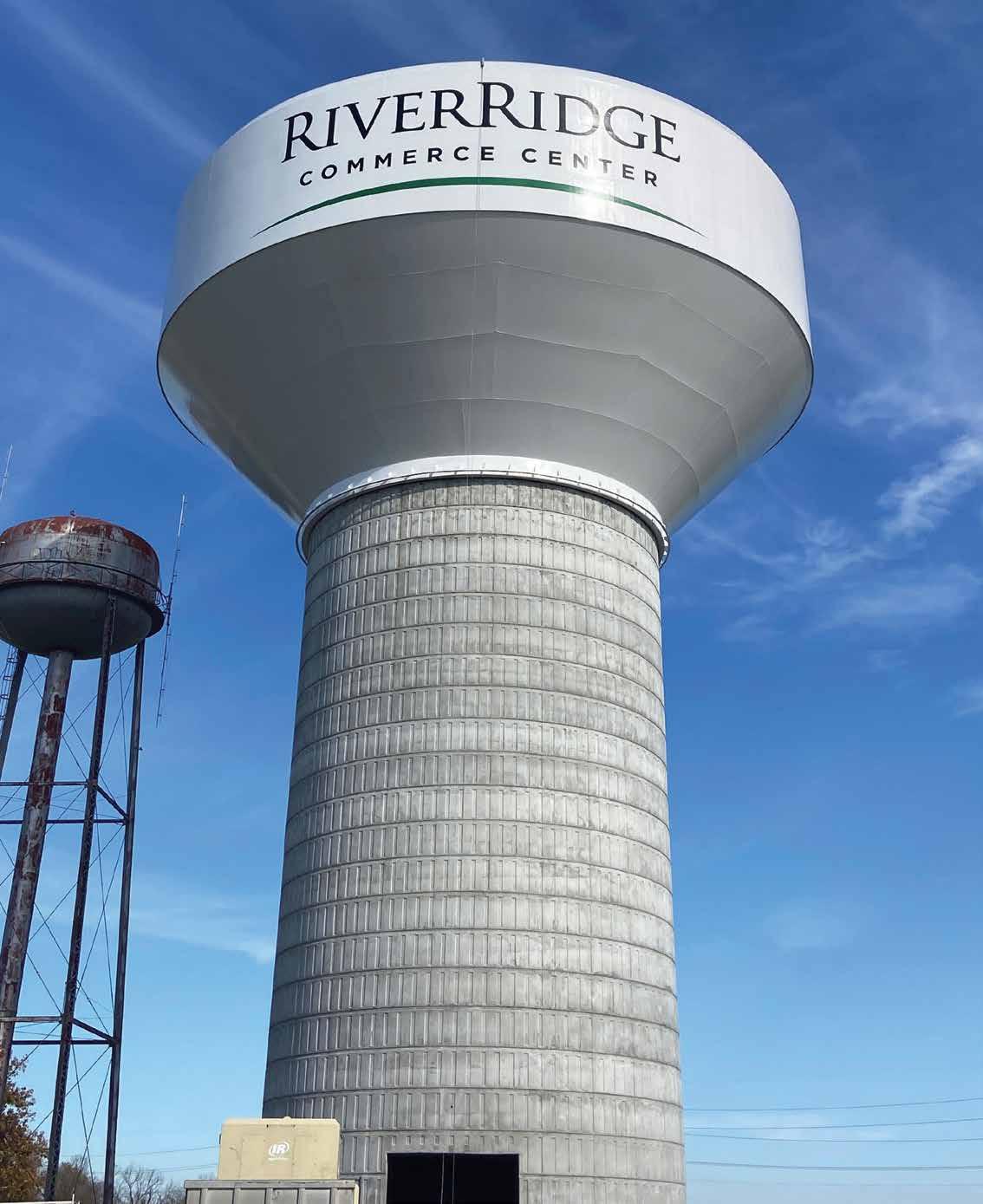
comprehensive metering can also identify areas to target reduced water use.
Establishing and communicating water conservation and effi ciency measures can also position building owners, managers, and companies as leaders helping to improve sustainability. Implementing best management practices for water effi ciency can earn recognition for facility owners and managers in the green marketplace.
For a water management program to succeed, there should be a comprehensive strategic plan and vision in place. Understanding current water uses and systems allows for the development of a plan for greater water conservation, effi ciency, management, and health and safety. Having clear objectives also helps an organization set priorities to allocate project funding to have the greatest impact.
Finally, it is up to plumbing engineering professionals to answer

the call to be part chemist and microbiologist as they fulfi ll their design responsibilities. It is imperative for plumbing engineers to constantly learn as much as possible about trends, risks, and options available to provide low-risk, healthy, and safe intelligent water systems. And while there is never a guarantee of the complete elimination of waterborne pathogens, substantially reducing that risk should be the goal.
James Dipping , PE, CPD, LEED AP BD+C, ARCSA®AP, is Technical Director of Plumbing Engineering for Environmental Systems Design, Inc. (ESD), a leading global engineering firm specializing in mechanical, electrical, plumbing, fire protection, life safety, structural, and technology engineering.

The Safety Committee would like to advise that nomination submissions are now open for the Wendell R. Ladue Safety Award!
This prestigious award, established in honor of Wendell R. LaDue, is presented to recognize distinguished water utility safety programs. The Safety Committee will be accepting applications for the 2023 Wendell R. Ladue Safety Award, which will be awarded to one winner in each of the four classes: under 10 employees, 10-100 employees, 100-500 employees and over

The Operator School for 2022 has concluded, which saw 55 paid students who attend training classes at six sites. Out of 55, three students attended under the Section’s One AWWA Operator Scholarship, which paid for the classes, books, and other expenses of the students.
While I was instructing in Michigan City, I want to recognize and thank the instructors at the other sites. Those who instructed this year are: Chris Cottom and Brenna Caudill for Evansville, Doug Payton and Ed Malone for Indianapolis, Ryan Smith for Kokomo, Bruno Trimboli for Mishawaka and Larry McIntosh for Brownstown. I would also like to thank the Indiana RCAP group for teaching a math and chemistry class at most of our sites.
I would also like to specifically acknowledge Ed Malone. He has decided to retire from Citizens Energy Group after many years of service and many years of teaching the Operator School. I would like to thank Ed for his years of instruction and commitment to the Operator School, and wish him well in his retirement.
Now that Operator School has come to an end for 2022, the committee is planning for in-person Operator School in 2023. It looks likely that we will be able to add Fort Wayne to the list of sites. In addition to the in-person offering, the Committee continues to work on a virtual offering. Please watch the Indiana Section AWWA news releases and website for updates.
Additionally, the Indiana Section AWWA is continuing to look at ways to make this education more accessible. The Philanthropy Committee of the Indiana Section offers several One AWWA Scholarships that cover the costs of Operator School. There is a link on the Indiana Section website for the application.
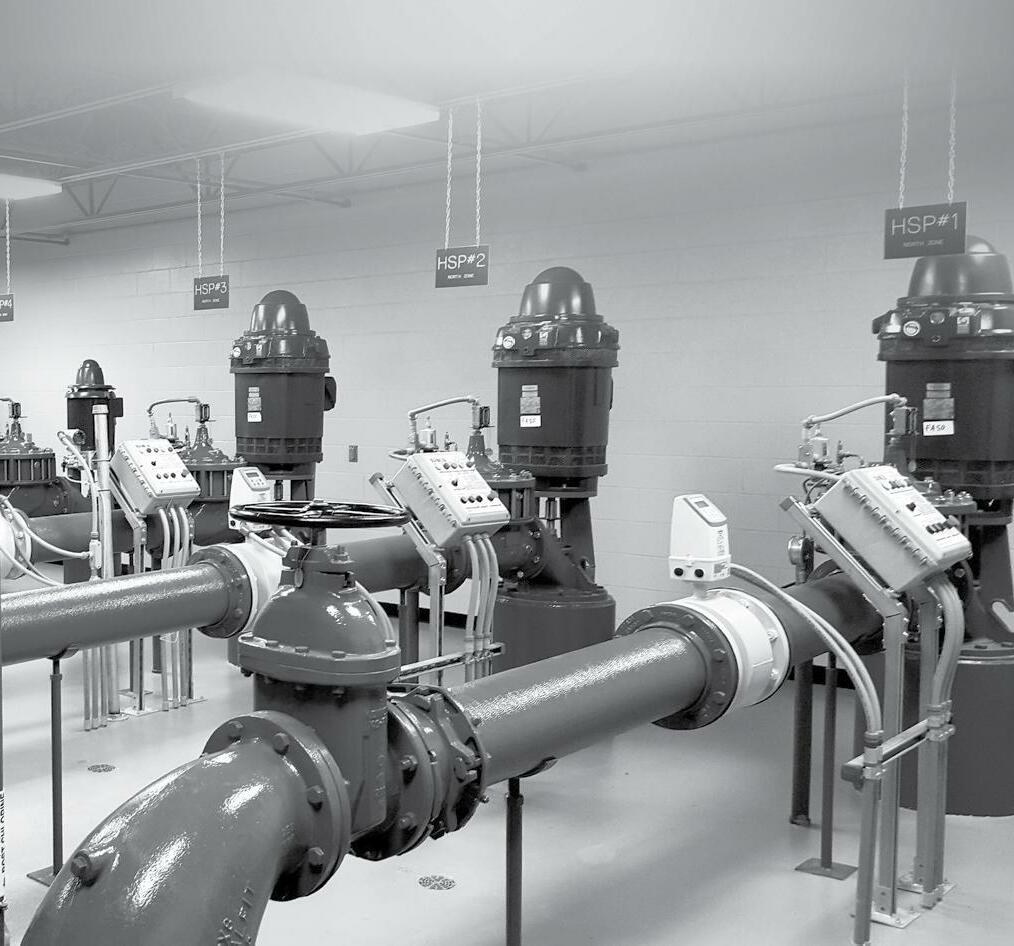

While waiting for the upcoming class, there are many other ways to study outside of the Operator School using the tools and resources available from the AWWA. There are many books and virtual options available through their website throughout the year. The Indiana Section also provides and promotes the Exam Cram series to aid future operators.
500 employees. The Indiana Section has been privileged to have had winners for this award in the past. Applications will be due to Monique Riggs by January 27, 2023.
A link to the 2023 award application will be available under the Safety Committee page on the website after the first of the year. Some of the information needed will be from 2018-2022 OSHA 300 log. Indiana Section AWWA nominees will be announced at the Indiana Section Annual Conference in April 2023.
If you are interested in serving on the Operator School Committee, have questions about Operator School, or suggestions on how we can better serve, please contact me at cjohnsen@mcwaterdept.com.





 Amanda White, Chair
Amanda White, Chair
We live in times of declining public agency resources and increasing complexity of environmental and public health problems — problems like increasing occurrence, intensity, and duration of harmful algal blooms, disinfection by-products, and emerging contaminants such as perfluoroalkyl and polyfluoroalkyl substances (PFAS). Source water protection is a proactive approach to address challenges instead of a costly knee-jerk reaction after damage has already been done. Source water protection activities safeguard, maintain, or improve the quality and/ or quantity of drinking water sources and their contributing areas. In addition to selecting a high-quality drinking water supply, engaging in activities to minimize potential risks and impacts to the source is one of the first key steps in a multiple barrier approach to providing clean drinking water.
Source water is the raw water found within the environment that will eventually make it into the plant for treatment. Source water impacts can be runoff exposed to many contaminants that can change the quality of the surface water rapidly or leakage to groundwater which is less susceptible
to contamination but, if it occurs, natural recovery takes a very long time.
In Indiana, agricultural activities and industrial processes often have the biggest fi ngers pointed at them when it comes to contamination in the environment. Source water protection activities that include the industrial process takes individualized approach with the leadership of the industry, stormwater, and planning groups to target the contaminants of concern. However, agricultural impact takes
a much larger group of participants. Luckily, there are folks within our agricultural communities who realize they play a part and are making every effort to be good stewards of the land. Just like farmers need to produce crops to feed our communities, we need to protect source waters to provide quality water to our communities. Let’s make it an AWWA priority to work with these folks upfront and bring them into discussions to help revitalize and create a plan that everyone can get behind.
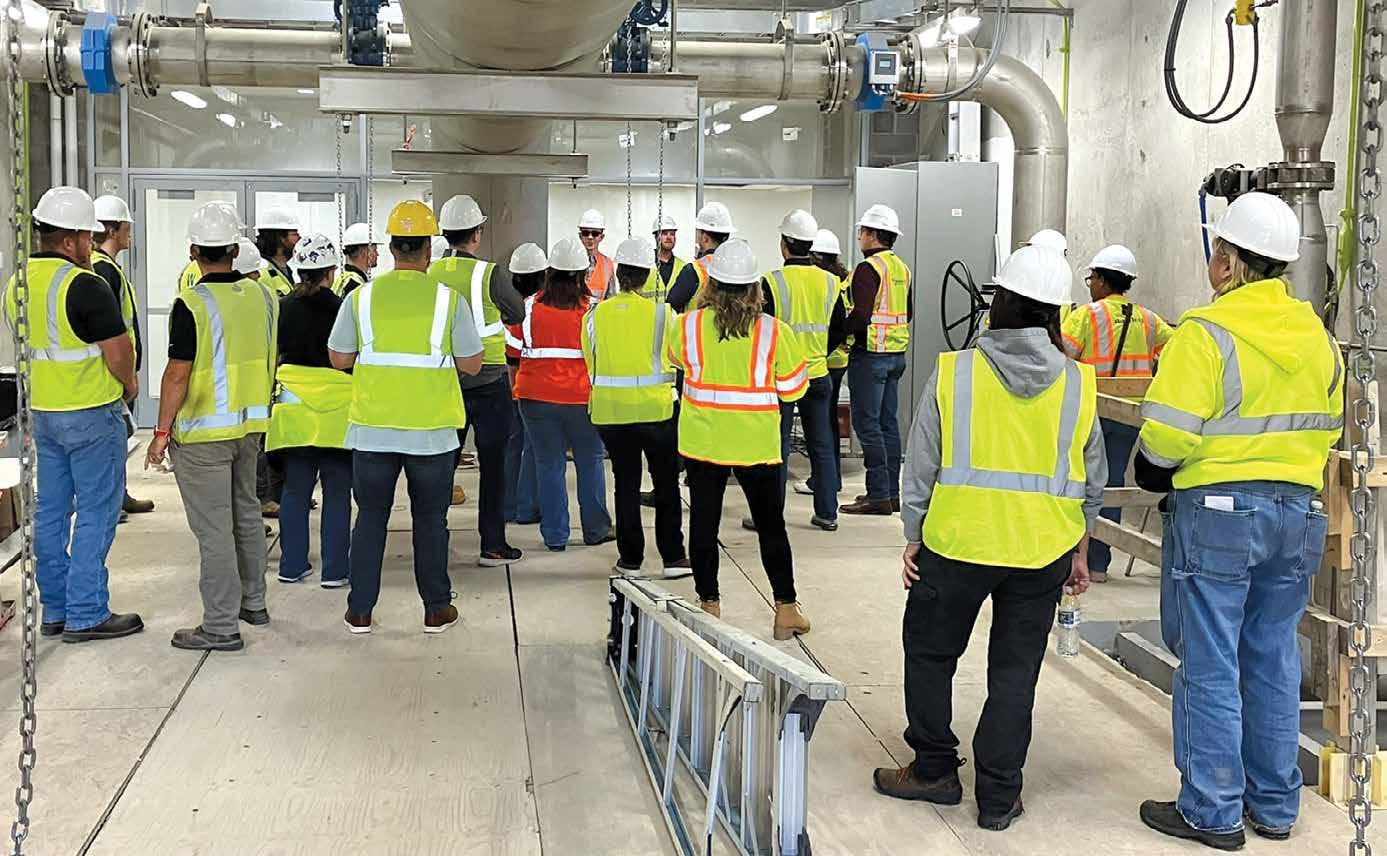
(gindavis@iu.edu)
The Source Water Protection Committee met virtually on August 23 at 10:30 a.m. via Microsoft Teams. At this meeting we discussed future outreach opportunities. We talked about sharing of the NewsLeaks article “Local Work Groups: Your VIP Access to Source Water Protection” from the Fall 2022 issue with committee representatives and their associated logos to spread the word further. We have a plan to reset the virtual platform for committee communication and looked at the proposed budget.
Lastly, we focused much of the meeting efforts on discussions over the Source Water Protection Awards for 2023. We are looking at opportunities for folks to nominate and highlight great source water protection activities that affect these sensitive areas. Areas that influence our aquifers near our production wells, or watersheds to our streams and lake intakes are all areas that qualify for source water protection. We would like to highlight our gratitude to those that participate in source water protection
and provide an added benefi t to the water provider in that area. We are also looking toward making some public facing maps of source water protection areas and roadmaps for adoption of source water protection activities. Great information will be available to providers to help them navigate successful source water protection planning for their systems.
Contact Ginger Davis ( gindavis@ iu.edu) if you would like to be included in future Source Water Protection Committee meetings.
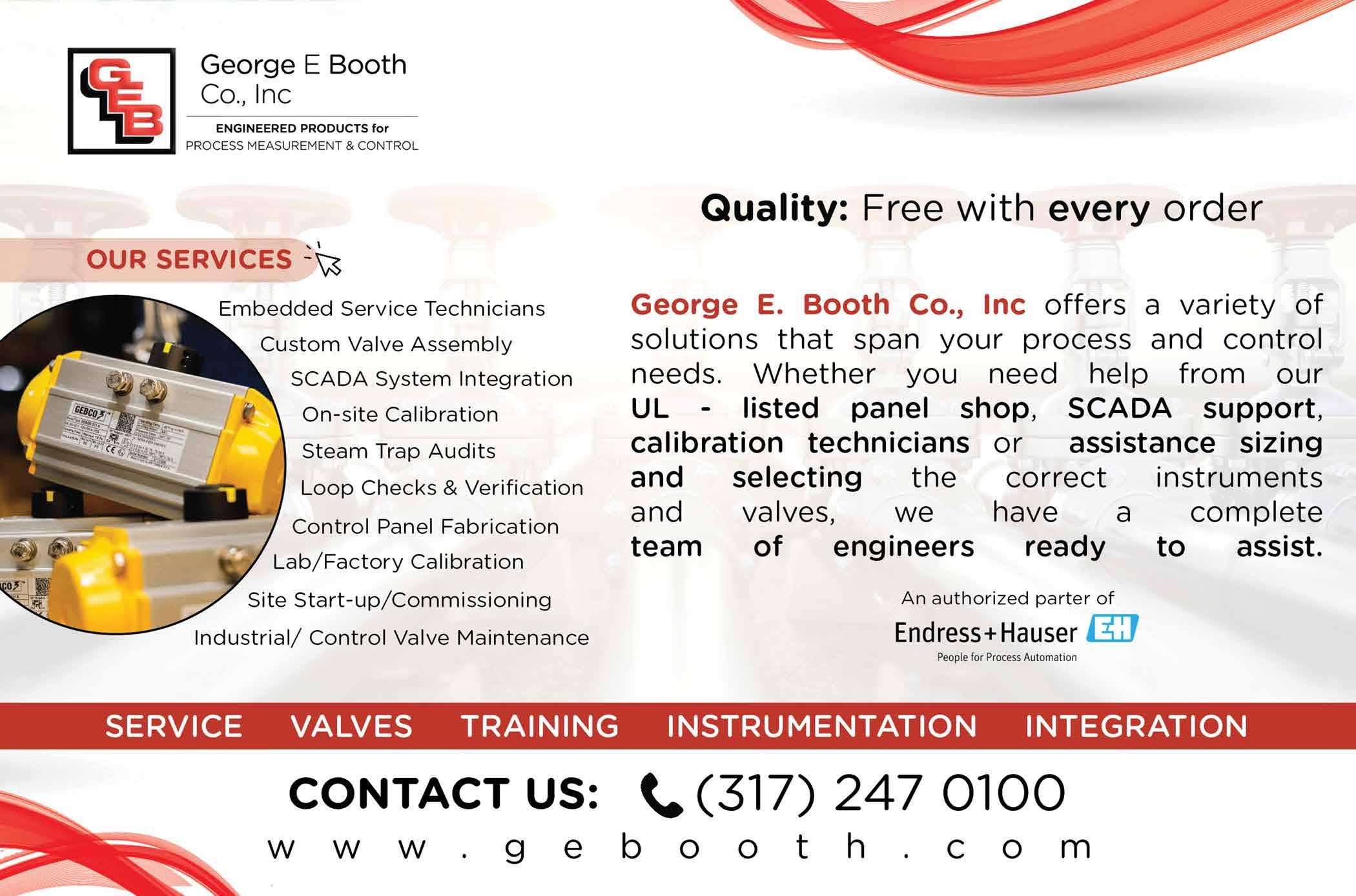
Contact Ginger Davis
if you would like to be included in future Source Water
Sponsored by the INAWWA and IWEA - Water For People Committees
World Water Day | TBD
TBD, Indianapolis, IN
Celebration of the effect access to clean water has on people around the world.
Contact: Gabrielle Lowry ( gabriellelowry3@gmail.com)
Silent Auction at the INAWWA Annual Conference | April 11, 2023
Downtown Marriott, Indianapolis, IN
A variety of items and experiences will be available for bidding during the day. In the evening, the Silent Auction will reopen for a short time during the Fuller Award reception. The highest bidders will get to take home their item(s) that evening!
Contact: Judy Gripp ( judyg@grippinc.com)
Wine into Water | TBD
TBD
Contact: Dave Majewski (dmajewski@mishawaka.in.gov)
Water Buffalos – Ride with Purpose | June 2023
Ride to ACE23 in Toronto, ON
Contact: Jim Clevenger (jclevenger@hydrocorpmeters.com) Jaimie Foreman ( jforeman@carmel.in.gov)
INAWWA Golf Outing | July 2023
Eagle Creek Golf Club, Indianapolis, IN
A portion of this year’s proceeds will benefi t Water For People. Registration will be available online at www.inawwa.org. Contact: John Crist (john.crist@ejco.com)
INAWWA NE District Sunset Cruise in Syracuse | July 2023
S.S. Lillypad, Lake Wawasee, Syracuse, IN
Annual cruise on Lake Wawasee which includes DJ entertainment, games, raffle prizes, food, spirits, and more.
Contact: Chris Harrison (charrison@contactcei.com)
Our committee has had several meetings over the past year, with the most recent taking place on October 26. We have been planning for upcoming initiatives for the remainder of this calendar year and into 2023.We will be having several virtual meetings in the future and will conduct a full committee in-person meeting at the Annual Conference in April.
Our short-term goals that we are working on:
• IFA Educational Support – via examples of policies; operational and billing.
• Training for utilities – this could also involve Clerk/Treasurer roles.
IWEA Golf Outing | August 2023
TBA, Fort Wayne, IN
Contact: TBA
Silent Auction at the IWEA Annual Conference | August 2023 Grand Wayne Convention Center, Fort Wayne, IN
A variety of items and experiences will be available for bidding during the day. The final bids will be due at the final exhibitor break. The highest bidders will get to take home their item(s) that evening! Contact: Carla Mann (cmann@msconsultants.com)
Run for World Water 5k | August 26, 2023
Downtown Canal, Indianapolis IN
This is a fun run/walk 5k event! Registration is available online at https://runsignup.com/Race/IN/Indianapolis/RunforWorldWater. Participants can sign up individually or register an entire team in our corporate challenge. The race is child and dog friendly! Contact: Mark Singer (msinger@envistacorp.com) Pat Spence (spence.pat@outlook.com)
Concert | September 21, 2023
Victory Theatre, Evansville, IN Tickets will be available at ticketmaster.com and at the Ford Center box office.
Contact: Justin Guetling ( jguetling@ewsu.com) Amanda Withers (awithers@cmtengr.com)
Indiana Section AWWA https://www.inawwa.org/about-us/committees/water-for-people Indiana Water Environment Association http://indianawea.org
• Future Activity with IDEM– assisting with transitional processes.
• Strategic Recruiting – to obtain a few more members from the districts that represent the smaller utilities.
• Prepare for training presentations, workshops, webinars, and multiple presentations for April’s Conference.
• IFA has reported that approximately 80% of the Audits have been received and they have a draft report completed that will be finalized for December’s Legislative submittal.
• We may have a few attending the Conference in December if there is any need for assistance/reference related to WLC.
This year’s annual conference at the downtown Indianapolis Marriott will be held on April 10–13, 2023. The program will be a full slate of technical presentations and panels. There will be plenty of opportunity for continuing education credits with subjects covering a diverse spectrum of industry topics. We hope to see you there. Subject matter will include:
• Finance and Rate Setting
• Lead Service Line Programs


• Distribution Systems
• Source of Supply Stories
• Treatment Technology
• Water Loss
• Emerging Contaminants
• Intelligent Infrastructure

• Automated Metering
• Automated Mapping and Work Orders
• Laboratory Analysis

Well, it sure has been an exciting year!
First off, lets congratulate Emily Hobson, Indiana’s Meter Challenge winner from 2021 who represented our Section at ACE22 this past June in San Antonio, Texas.
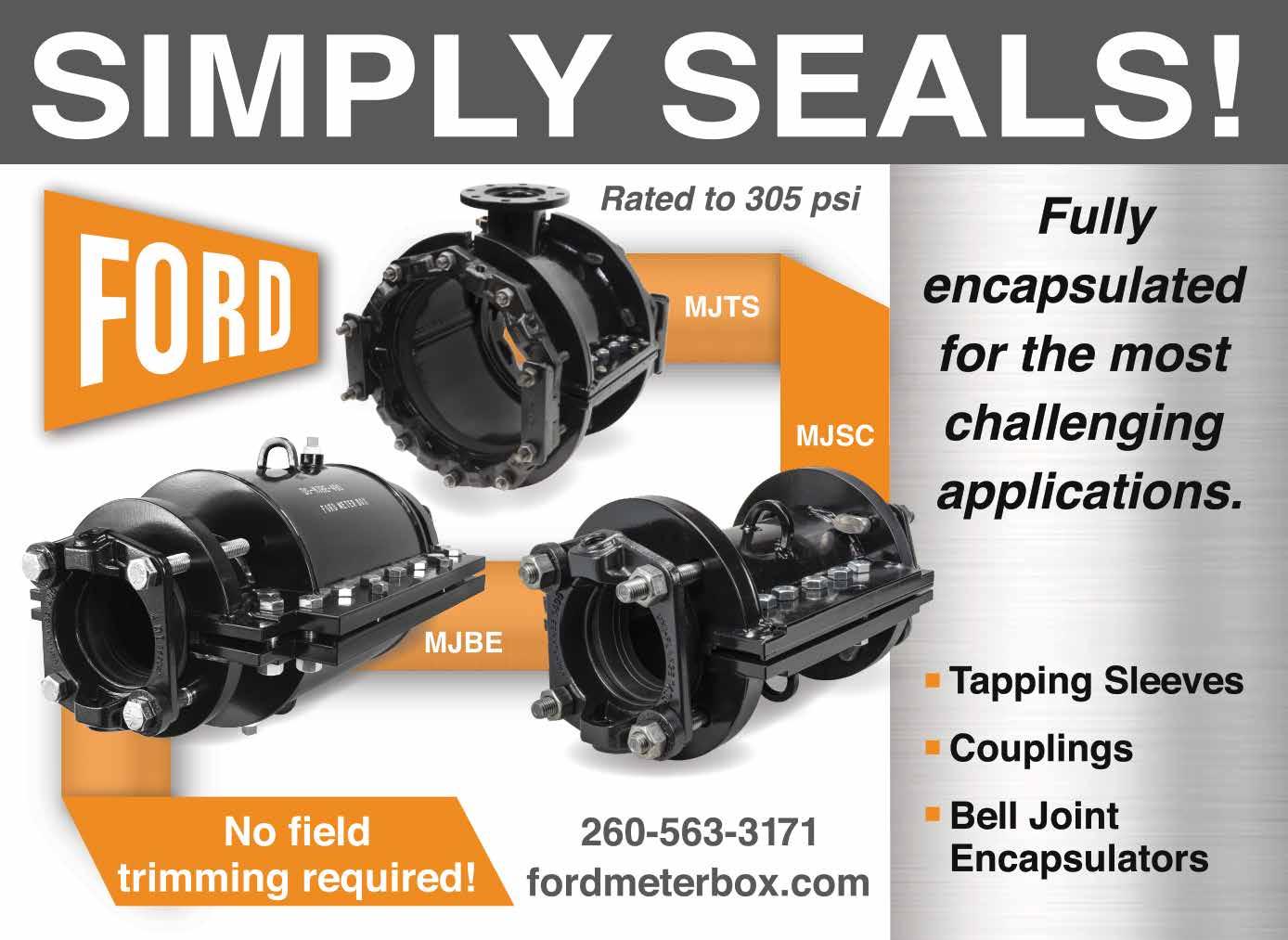
We were able to get back into the swing of things this year at the Fall District
Meetings, with each district holding its own competitions. Congratulations to our Fall District winners of the Meter Competition. The winners from each district were:
• Bryan Forkner, Central District
• Veronica Hoy, Northeast District
• Jose Sandoval, Northwest District
•
• Toby Axsom, Southwest District
The district winners competed at our 2022 Meter Challenge Finals, held at the Water Institute in beautiful French Lick, Indiana. All contestants did a great job and the crowd was into it, cheering them on along with event emcee Scott Ham.
Your Indiana Meter Competition winner who will represent the Indiana Section in Toronto Canada at ACE June 11–14, 2023 is Isaac Brimner with a winning time of 1:05.87!
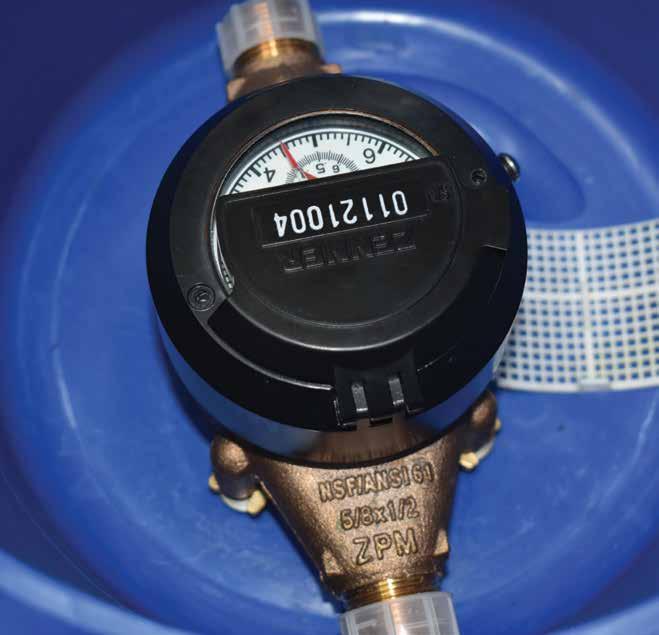

Best of Luck to Isaac in Toronto!

Jaimie Foreman (Carmel Utilities), Connie Stevens (Alliance of Indiana Rural Water) and I had the opportunity to collaboratively present Helping Your Utilities Protect Your Community at the Indiana Conference of Mayors (ICOM) in August. Our presentation was a great opportunity to be in front of community leaders and remind them why water and wastewater operators are so important to their communities.
Every day, these essential workers protect our communities’ most valuable assets: their water resources. Without clean and reliable water resources, public health can be affected, residents will not want to reside in leaders’ communities, and businesses might leave or decide to build elsewhere. On top of this, our water and wastewater industries are going through a water workforce revolution. Baby Boomers are retiring at an accelerated rate, the industry is digitizing and automating, and attracting new employees is proving to be an upstream challenge.
I am curious how many of you reading this article considered this industry as a long-term career when you first entered this field? Water and wastewater utilities are great careers because they are mostly recession proof and allow you to make a good living with positions remaining essential even during a global pandemic.

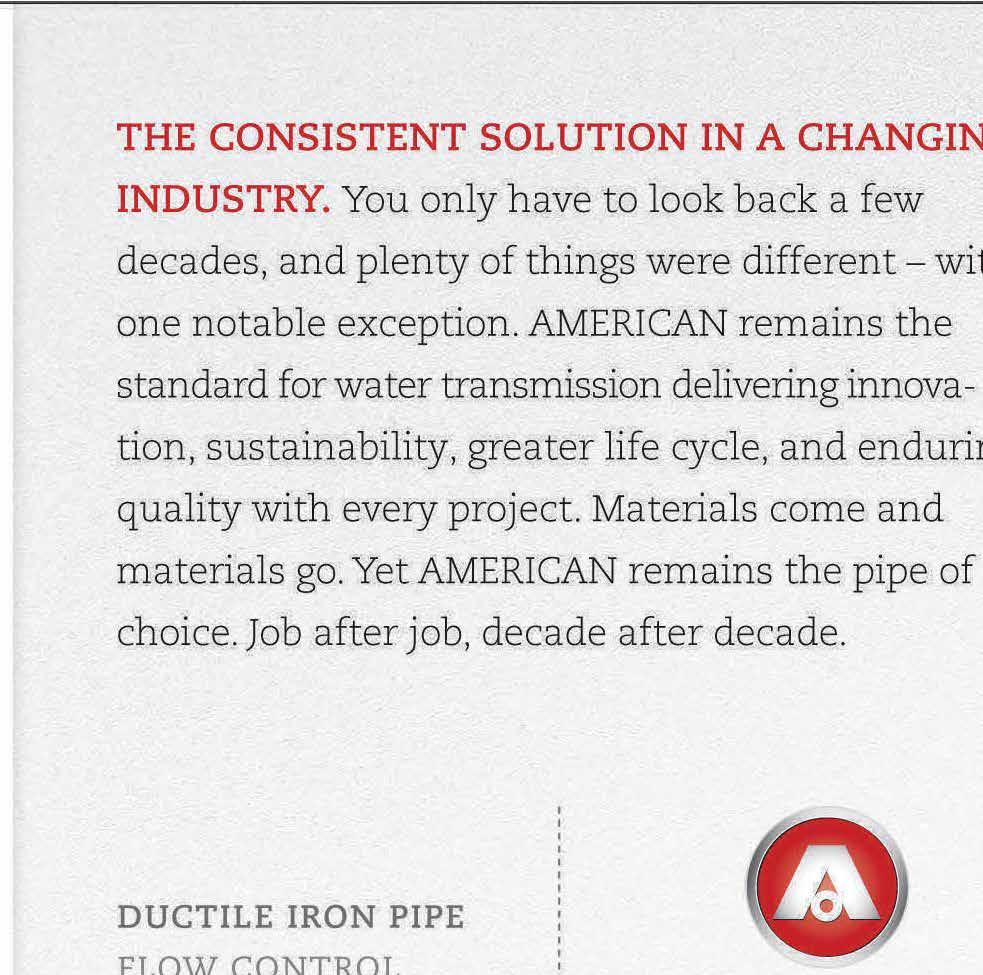
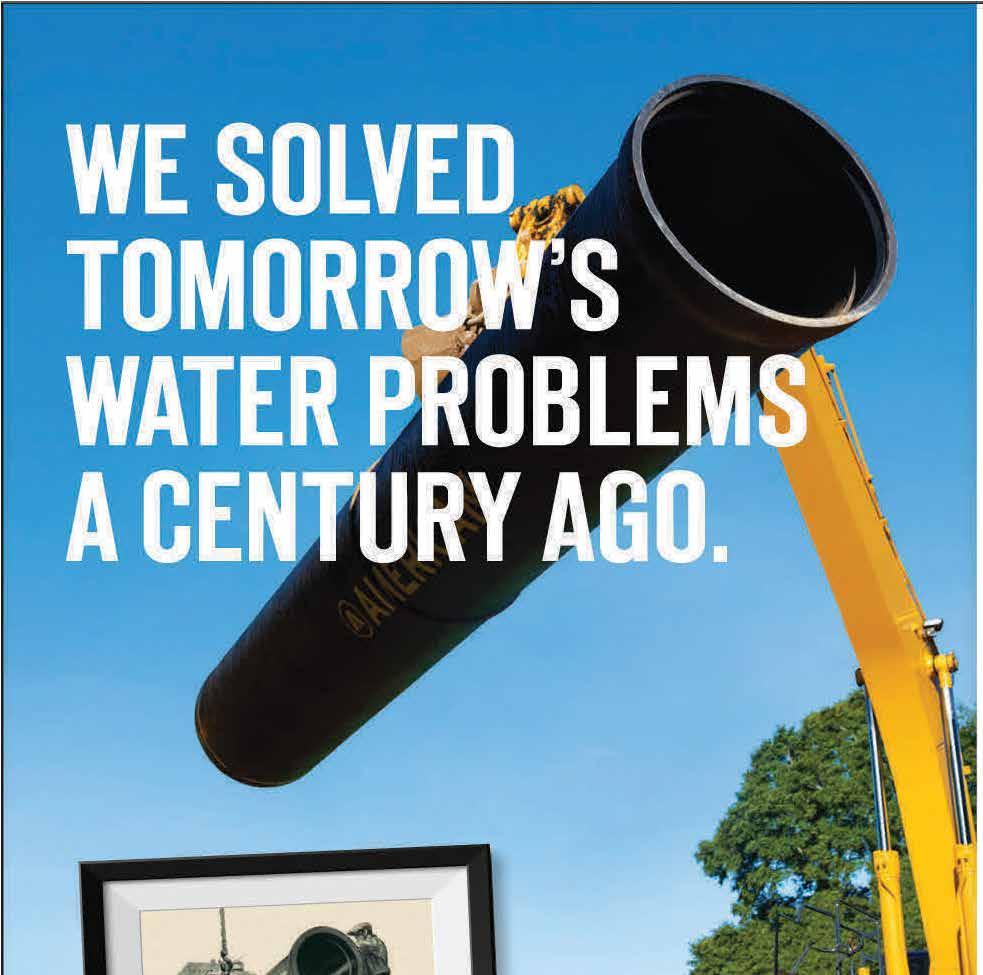
During our presentation, we emphasized how community leaders need to invest in these positions to make them attractive, to incentivize not only new candidates to these jobs but also to retain existing employees. We challenged our audience to look at their incentive packages for employees, taking into consideration competitive pay within and outside these utilities, and review benefi t packages and incentives or stipends to reward good employees. We encouraged them to have conversations among themselves and to push for training opportunities for future potential operators.
The Emergency Response & Security Committee has been hard at work with the start of our Cybersecurity Training for water and wastewater utilities municipalities in Indiana. To date we’ve held fi ve workshops with over 50 municipalities represented. By the time of publication, we will have had the first in-person workshop at the Water Institute.
Several members of the committee have continued working with the Governor’s Council on Cybersecurity serving on the Water Sector committee. We’ve attended committee meetings providing updates on the Cyber Training, and also the full council meetings.
The committee worked to fill a couple workshop slots for the Water Institute and will do the same for the Annual Conference.
The Cybersecurity and Infrastructure Security Agency announced a new $1 billion grant program available to states, counties and local governments to support cybersecurity programs. The State and Local Cybersecurity Grant Program was established through the Infrastructure Investment and Jobs Act. Only state agencies can directly apply for the funds and then distribute the funds to their towns, cities and counties.
Hello fellow Water Professionals! Welcome to the fall update on all things happening with your Philanthropy Committee.
All of our philanthropic activities are moving forward. Our key programs; One AWWA Operator Scholarship, Gambold Education Fund, Besozzi Grant and InAWWA’s Youth Water Science Education Grant are in full operation and numerous awards have been made.
In 2022, we provided three One AWWA Operator Scholarships for this year’s session of Operators School. Applications will come out in late Spring or early Summer, in anticipation of the 2023 Operators School.
At the 2022 Annual Conference, we had three Gambold Education Fund awardees and one Bezzozi Grant awardee participate in the annual conference. We currently have eight Gambold Education Fund applicants for the upcoming Water Institute and the committee is evaluating those applications for potential awards. Look for applications for our Gambold Education Fund and Bezzozi Grant to come out in February ahead of our Annual Conference in April. This is a perfect opportunity for new operators and a young professional to attend the conference for minimal or no costs.
We awarded our Youth Water Science Education Grant in the amount of $3,500.00 to the Tippecanoe County Partnership for Water Quality. This organization works throughout the year on promoting water quality in and around the Wabash River and its
The committee has been in communication with IFA and IOT on whether Indiana will be pursuing grant funding.
Members of the committee attended an EPA briefing on the proposed changes to the Risk Management Program rule.
Indiana Section AWWA Chair-Elect Jaimie Forman was one of twelve individuals representing the water sector at the annual AWWA Technical Advisory Group meeting in Washington DC in September. They discussed how our membership dollars can be used to provide additional tools and resources to our members. Jaimie represented the Emergency Preparedness and Security workgroup.
InWARN monitored the need for assistance with our neighbors to the south due to their historic fl ooding events. InWARN worked with IDEM and the Alliance’s circuit riders that were able to visit the facilities. An email was sent out to InWARN members with a listing of open EMAC requests for water utility personnel issued by the State of Mississippi.
tributaries in Tippecanoe County. One program worth highlight is the Wonders on the Wabash. The program is aimed at students in sixth-grade classrooms and offers students the experience a 4.5-mile rafting trip down the Wabash River from Tapawingo Park to Fort Ouiatenon. Along the way, students have the opportunity to participate in educational sessions to test water quality, study native mussels, observe the fish of the Wabash and learn the history of the river while teaching them the importance of water quality and how our everyday lives impact the water and environment around us.
Our Youth Water Science Education Grant application will be sent out not only to our membership, but also to school systems statewide at the beginning of April. Our hope is to get several schools to apply for the grant. I encourage all of you to consider sharing this application, when up on our website, with your school system, and specifi cally with science teachers.
Now more than ever we need your involvement on and engagement with this committee! Committee participation will serve to enhance our Section’s endeavors to accomplish our goals of helping others throughout Indiana as well as the world achieve clean and safe water. The committee desires everyone’s engagement so that we may continue our shared goals to educate students, provide additional training to even more operators, and ensure that our waters here at home remain clean and safe as they have for over a century now.
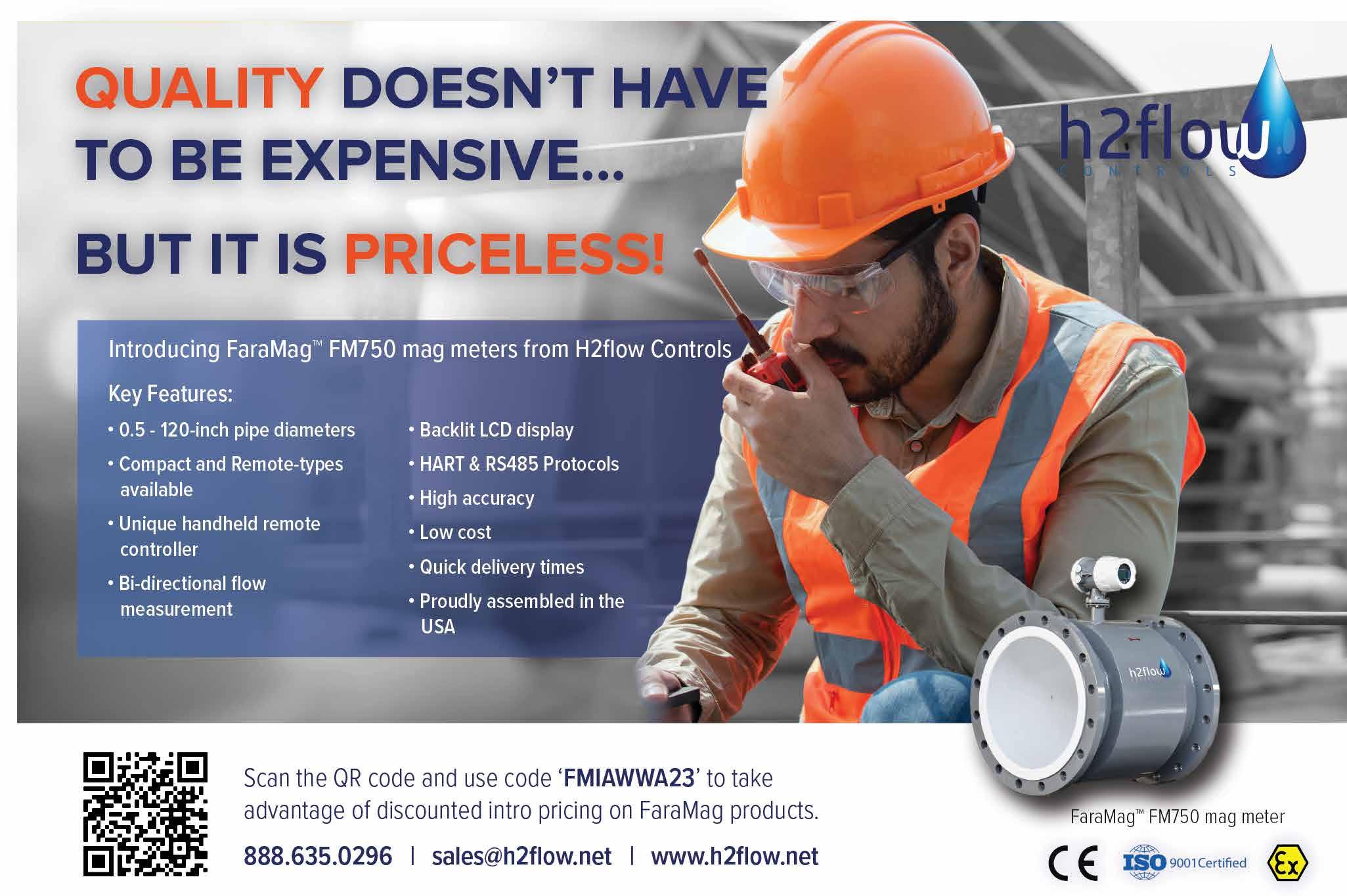
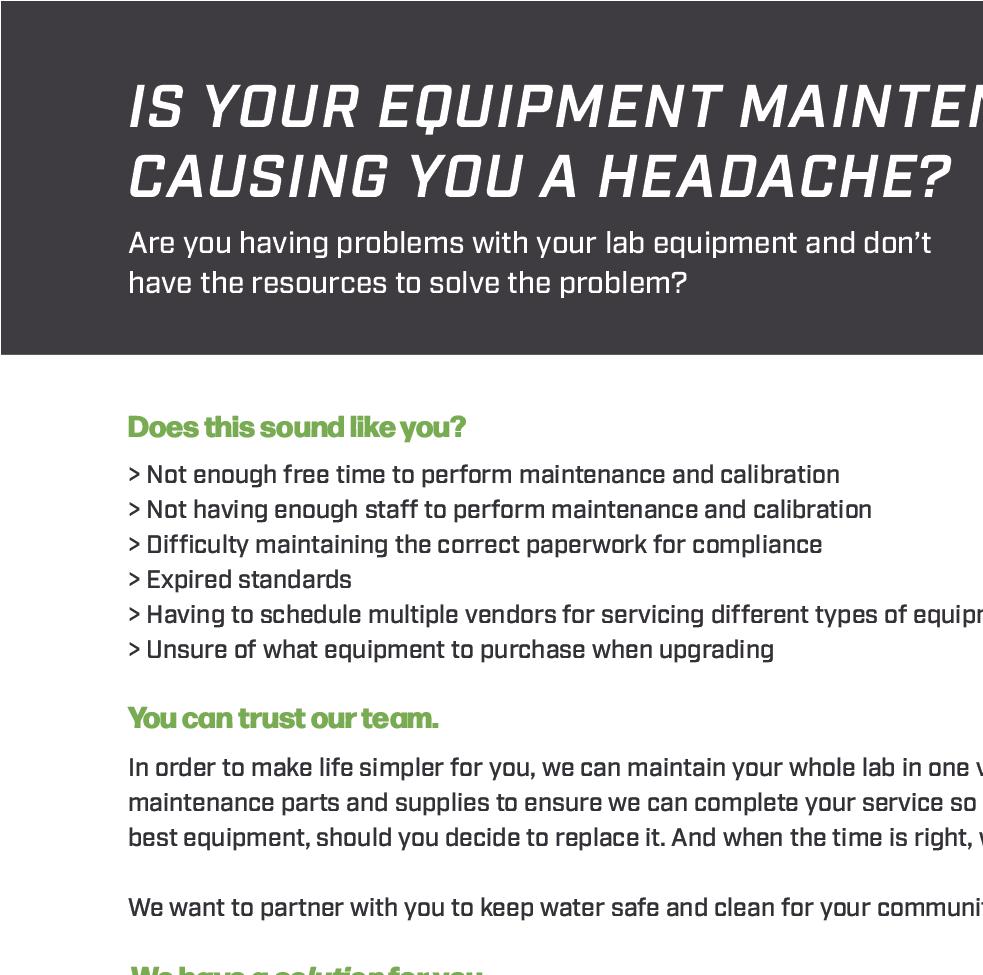
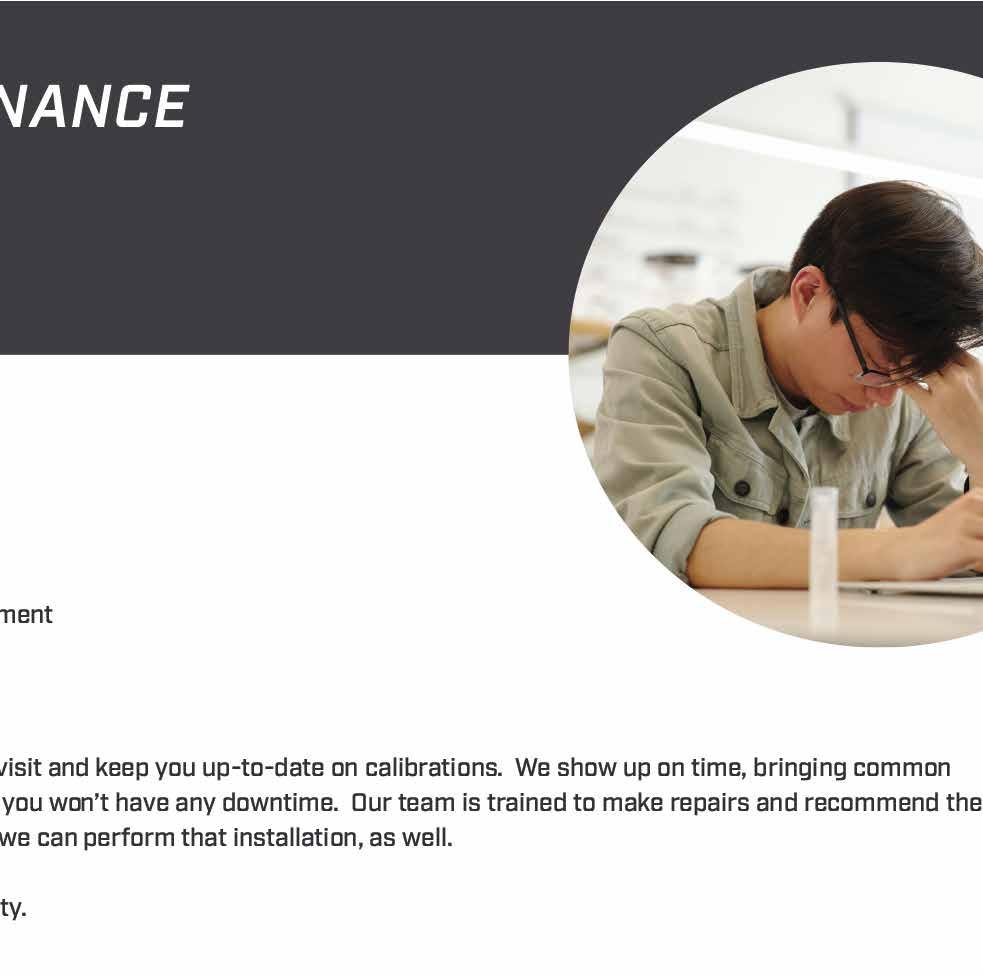



I am pleased to announce a training video series is now available for wastewater treatment operators and owners. The training video series is the result of a collaboration between the U.S. EPA, State of Ohio EPA, and the State of Indiana’s Department of Environmental Management. The series is focused towards operators and owners of wastewater treatment systems. The goal of the series is to provide education on the various common treatment processes and to explain how operators and owners can troubleshoot treatment issues and noncompliance issues. Please widely share these videos, especially to small and medium sized domestic wastewater treatment facilities and their staff. The videos are available on YouTube, with links to each section found below:
National Compliance Initiative: Reducing Signifi cant Non-Compliance (SNC) with NPDES Permits - Resources for NPDES Permittees and Other Organizations | US EPA
Providing Process Control Technical Assistance to Small Mechanical WWTPs Series
• Part 1: Introduction - provides an introduction and overview of the training material. (https://www.youtube. com/watch?v=g2dA4RHyNWc)

• Part 2: Wastewater Treatment Plant Walkthrough - provides background and an overview of WWTP process units such as the equalization basin, aeration tank, clarifi er, and more. (https://www.youtube.com/ watch?v=1QSSyDsw2WA)
• Part 3: Tools and Equipment - focuses on the tools and equipment used to diagnose and troubleshoot WWTP operation issues. (https://www. youtube.com/watch?v=XveEG4Pn8kg)
• Part 4: Troubleshooting - focuses on sampling, measurement, and analysis techniques that can be used to troubleshoot WWTP issues. (https://www.youtube.com/ watch?v=Gu0NsfthhdQ)
For more information, please go to www.in.gov/idem/cleanwater/2337. htm. If you have any further questions, you can reach out to Jason House, Compliance and Enforcement Branch Chief at the Indiana Dept of Environmental Management at 317-233-0470 or via email at jahouse@idem.in.gov.














Impacts to Your
and Wastewater Utilities per HEA 1245 (2022)
In the 2022 session of the Indiana General Assembly, the legislature passed House Enrolled Act (HEA) 1245, which amends Indiana Code (IC) § 8-1-2-101.6 concerning capacity related fees of water and wastewater utilities. The revised statute not only prohibits inclusion of contributed property (contributions in aid of construction) in any water or wastewater utility’s capacity related fee, but also creates a process by which a property owner or developer may challenge the fee, if established after June 30, 2022. This revised language of IC § 8-1-2-101.6 affects all classifi cations of water and wastewater utilities operating in Indiana, including public utilities, municipally owned utilities, not-for-profi t utilities, cooperatively owned corporations, conservancy districts and regional districts.
What is a capacity related fee?
A capacity related fee may be commonly referred to as a system development fee, availability fee or an interceptor fee. Specifi cally, it is any non-recurring fee that recovers the cost of capacity (growth) as new customers connect to the utility’s system It is important to note that these revisions do NOT prohibit water and wastewater utilities from establishing connection fees or system development charges.
What are contributions in aid of construction?
Contributions in aid of construction are any money, services or property received by a local unit of government or utility from a person, developer or governmental agency for the installation or extension of utility infrastructure provided at no cost to the utility, or are fees or charges paid for by a person or developer, contributions, grants, forgivable loans from governmental
agencies or any money provided at no cost to the utility. Examples may include contributions made from a local unit’s EDIT fund, through a Redevelopment Commission (TIF District) or other economic development incentives.
EXEMPT from the definition of contributions in aid of construction are any fee imposed connected with a main extension under the Commission’s main extension rule (IC § 8-1-2-101.5). Indiana Utility Regulatory Commission (IURC) regulated, investor owned, not for profi t utilities and all municipally owned utilities are currently bound to the main extension statute.
What happens if a property owner or developer wants to challenge a fee?
The process of challenging a fee is as follows:




1. The property owner (developer) has 30 days after the fee is imposed (attempted to charge) to request a meeting with the utility to review the fee including engineering support and the ordinance itself.
2. The utility has 30 days to meet with the property owner to review the fee.
3. If the review does not result in a satisfactory resolution, the property owner has seven days to file a petition with the IURC, challenging the fee.
4. The IURC’s review may find the fee imposed is not based on contributions in aid of construction, invalidate the fee or modify the fee to comply with the statute.


5. A party adversely affected by the IURC’s determination may appeal per IC chapter 8-1-3.











If you have any questions regarding these updates, please go to the Indiana Utility Regulatory Commission website (https://www.in.gov/iurc/ ) or reach out to the Director, Curt Gassert, at cgassert@urc.in.gov
• Do not include contributions in aid of construciton in your capacity-based fees.














• Verify your accounting methods precisely record contributions in aid of construction –if such contributions are recorded simply as revenue, it may be extremely difficult to identify individual contributions.

• Review your capacity-related fees on a regular basis.

Tips for utilities to minimize the risk of having a fee challenged:

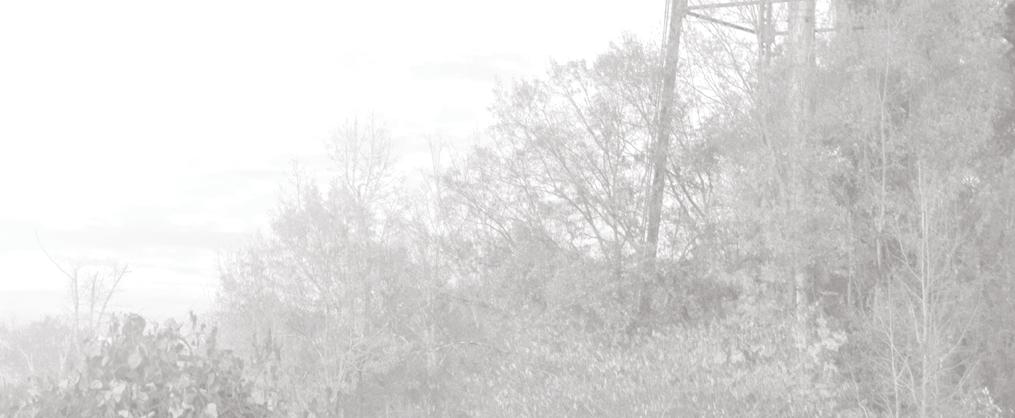
There are a few ways that you can file for rate cases with the Indiana Utility Regulatory Commission (IURC). The first, as you all know, is a general rate case that requires detailed documentation, filed under Indiana Code sections 8-1-2-42 or 8-1-2-42.7. The second option, specifi cally for small utilities, is the Small Utility Rate Application form, as authorized under Indiana Code section 8-1-2-61.5.
In addition to these two options to file general rate cases, the IURC has developed a much simpler, less expensive, and less stressful method for requesting an annual rate increase for small water and wastewater utilities, called the Alternative Regulatory Procedure (ARP).
To be eligible for the ARP, a utility must serve fewer than 5,000 customers. Participating utilities may be eligible for the rate increase each year for up to fi ve years, depending on when it received its most recent general rate case order. A utility cannot be approved for an ARP rate increase after six years have passed from the date of the utility’s most recent general rate case order.
Moreover, after fi ve annual increases, a utility will not be eligible to apply for another annual ARP rate increase until it has filed for a new general rate increase.
Each annual rate increase will be based on a cost index for that year, which is published by the IURC by January 31st each year. For example, the current cost index is 6.81%.
For municipalities and not-for-profi t utilities, the cost index is applied to operating expenses and Extensions & Replacements. For investor-owned utilities, operating expenses and depreciation expenses are eligible. Purchased water or wastewater treatment expenses are not eligible and interest income will be used as an offset. When a loan is fully paid, debt service will be removed. Debt service reserve or working capital will be removed when the amortization period ends.
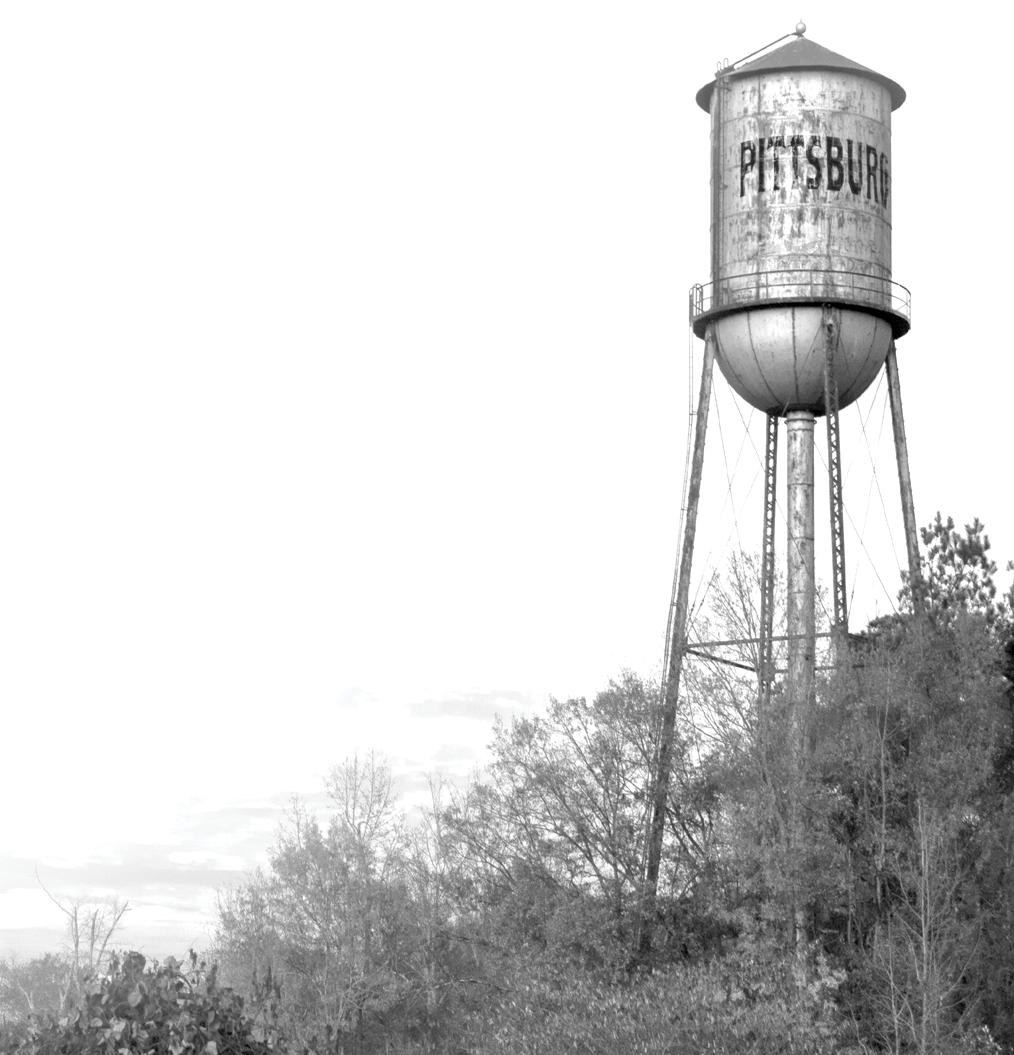
To protect customers from excessive rate increases, there is a cap of a 7.5% annual increase and 25% on cumulative increases between rate cases.
Procedurally, a utility will file a one-page form under the Commission’s 30-day filing procedure, which can be found in 170 IAC 1-6. The Commission’s goal is to approve requests within 60 days of receiving the filing.
To obtain the annual ARP rate increase, a utility must meet the following minimum requirements every year:
• Current with IURC requirements
• Provide IDEM required information
• Indiana 811 membership
Since many small utilities have room to improve financial, managerial, and technical capacities, the IURC determined future rate increases must be tied to specifi c utility actions. Thus, a utility must complete four elective items each year for the first three annual rate increases. To qualify for the fourth annual rate increase, a utility must complete fi ve elective items. To qualify for the fifth annual rate increase, a utility must complete six items. Most elective items can be used each year for all fi ve increases, provided the conditions are met each year. The elective items include management, operational, and educational requirements such as an asset management plan; Standard Operating Procedures; system maps; master plan; business plan/strategic plan; financial policies; join INWarn; lost water measures; wise use of water plan; and training for staff, board members or the clerk-treasurer.
For further details of the ARP, please see a detailed brochure and guidelines at https://www.in.gov/iurc/files/ Brochure-Update-2_2_21.pdf and https://www.in.gov/iurc/files/ ARP-Program-as-Settled-Final-Revised-2-2-21.pdf
You may also review Cause No. 44203 or contact the IURC Water/Wastewater Division (317-232-2785)
We strongly encourage utilities to use the ARP, if appropriate.






Shaun Alexander Shifflett , 60, of Valparaiso, passed away peacefully at home and surrounded by his family, on Friday, December 9, 2022.
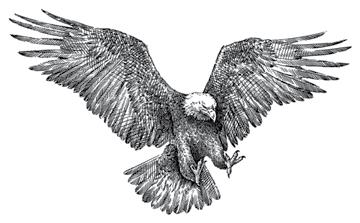

Shaun was born in Harrisonburg, VA on October 21, 1962. He grew up in Falls Church, VA and graduated with a Bachelor of Science degree in Law Enforcement from George Mason University in Fairfax, VA. He was then a Deputy Sheriff for Fairfax County for eight years. In 1999, he married his best friend, Kate (Katy) Carroll. In 2001, they moved to Valparaiso, IN.
Shaun was currently employed by the City of Valparaiso at the Utilities since 2007, first starting in Customer Service and recently as their Water Systems and Program Administrator. For over 11 years, Shaun coached his three boys and many kids in the community in soccer, basketball, and mostly baseball at Valpo Americans, where he was a board member for several years. He was a Cub Scout Den Leader and helper for two of his sons. He was a member of Valparaiso First United Methodist Church for 18 years where he proudly served as a children’s Sunday School teacher and an usher. He was a lifelong Washington Redskins Fan. His favorite thing to do was watch his boys’ sporting events and spending his time with them and his first grandson. He fought a long, tough, and courageous battle with cancer. He was our HERO. He valued family and friends, for which he had many.
Shaun is survived by his wife, Kathryn (Kate) Shiffl ett; three sons, Scott “Alex” (Courtney) Shiffl ett of Fort Wayne, IN, Jack (Gabby Jackson) Shiffl ett of Valparaiso, IN and Jimmie Shiffl ett of Valparaiso, IN; first grandson, Colton Shiffl ett; Siblings, Starr Thomas of Warrenton, VA, and Scott (Tish) Shiffl ett of Port Charlotte, FL; In-laws, Jimmie and Mary Carroll of Crown Point, IN, Guido and Shelley Tims of Macy, IN, and Mark Carroll of Crown Point, IN; along with many nieces and nephews, and close friends. He is preceded in death by his parents, Forrest Nelson and Ann Katherine Shiffl ett, and brother-in-law, John Thomas.

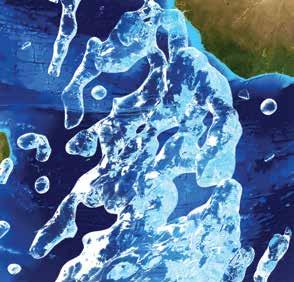
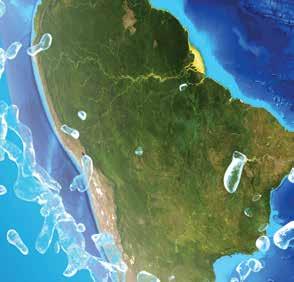
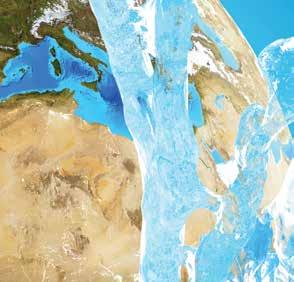
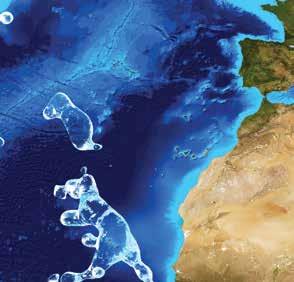
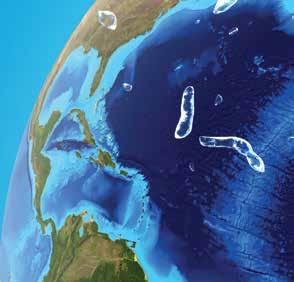
AWWA’s Water 2050 initiative seeks to establish a long-term vision of the future of water. This collaborative exploration will chart a course for a successful and sustainable water sector. We will engage in a thoughtful, intentional, and inclusive discourse that results in bold, achievable goals.
Ultimately, Water 2050’s infl uence will extend beyond the water community, fostering partnerships and cross-sector collaboration for mutual and global benefi t.
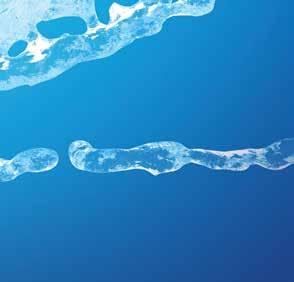
Starting in 2022 and working through the end of 2023, Water 2050 will:

• Engage in meaningful conversations. Thought leaders from within and outside the water sector will gather at intimate ‘think tanks’ to examine the future of water through the prism of fi ve key drivers.
• Enlist strategic partners. Collaboration among water utilities, service providers, academia, water-sector organizations, and nontraditional partners will be essential. We’ll also reach beyond the water sector to engage corporate water users, nonprofi t organizations and other stakeholder groups for fresh insights.


• Foster intergenerational responsibility. Today’s and tomorrow’s water


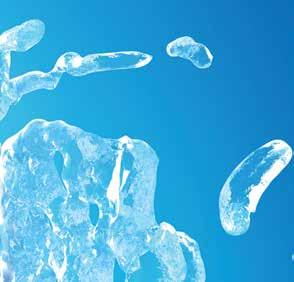
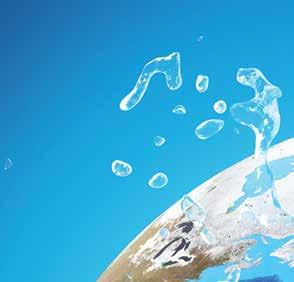
professionals and leaders must work together to create a successful future. The voices of young and emerging professionals will be key throughout the initiative.
• Capture collective knowledge. AWWA will report on insights from each think tank and publish additional guidance to support the water community in realizing the Water 2050 vision.



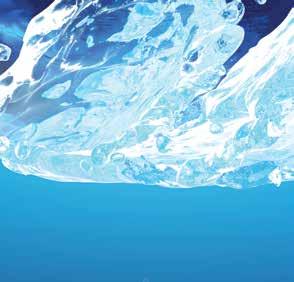


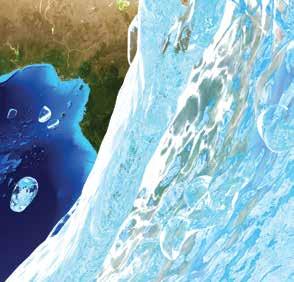

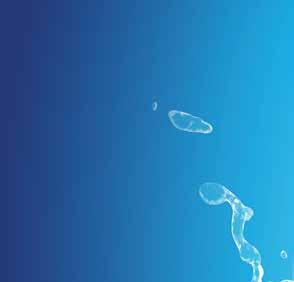


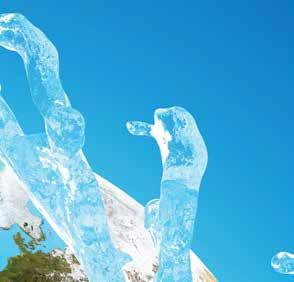
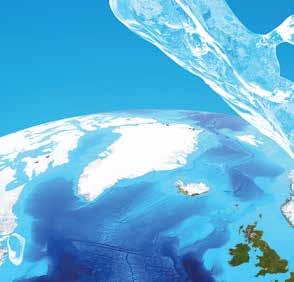




• All of this supports the critical mission of the water community: safe water, healthy people, and a sustainable planet . We will do this by examining fi ve critical drivers to the future of water.
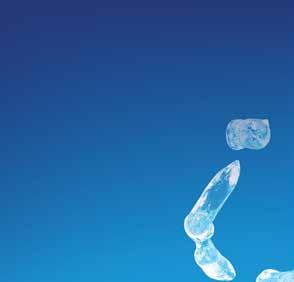
AWWA has identified five critical drivers that will influence progress toward a sustainable and resilient water future: sustainability, technology, economics, governance, and social/demographic. These drivers will be considered by the ‘Water 2050 Sections’ as well as ‘Think Tanks’ and shape all future work supported by this initiative.
1. Sustainability. Managing our planet’s limited water resources and building infrastructure for water is paramount. Climate change is among the biggest risks. It will bring more fierce and less predictable conditions: extended droughts and heatwaves, increased hurricanes and wildfires, and severe winter storms. The future will require skillful and creative stewardship of our most vital natural resource, as well as innovative approaches to keep water infrastructure strong and resilient.
2. Technology. As the world enters the fourth industrial revolution,
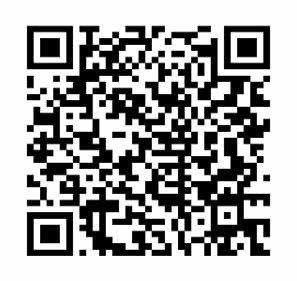


water professionals have access to new technologies that are changing the way they interact with water resources, water systems, and the people they serve. Advances in data, analytics, the Internet of Things (IoT), machine learning, and artificial intelligence will increasingly empower consumers and influence water system operations. Adoption of new technologies will solve complex problems and sometimes introduce unintended challenges.

3. Economics. Water is a critical economic engine for North American communities across the globe. Increasingly, the water community is asked to do more with less while also addressing rising infrastructure needs. We must consider important economic factors such as regionalization, supply chain resilience, decentralized treatment, ESG approaches to assessing risks and value, and the benefits of a circular economy. Rate-setting will occur in a world more keenly aware of equity and affordability challenges.
4. Governance. The roles of federal, provincial, state, and local governments significantly impact how water utilities are operated and regulated. Both economics and governance will shape the model of tomorrow’s water utilities. Some communities may turn to regional solutions to gain efficiencies. As regulatory structures evolve, communities will have to evaluate new approaches, such as fit-for-purpose standards and decentralized treatment.
5. Social and Demographic. Public interest and concern about water quality and equity is rising, which means all communities must work to strengthen public trust. Simultaneously, potential population shifts between urban and rural areas are creating resource and infrastructure challenges while also forcing community-driven water solutions. Population growth in water-stressed communities will require innovative thinking to manage limited supplies.
Speaking at an ACE22 panel discussion, David LaFrance said, “Each and every AWWA member has a unique perspective to offer. For some of us, that may mean participating in a discussion at an AWWA event or a section activity. For others, it may mean participating in a survey. Still, others may pen articles for AWWA publications, observing how water may be affected by a particular driver. There will be many other ways to help formulate and refine this vision.”
For more information, please visit www.awwa.org/resources-tools/ water-2050
Please visit our website – www.inawwa.org – for details and registration information. Water and Wastewater Continuing Education Units (CEUs) to be approved by IDEM. Well Driller and Pump Installer hours to be approved by IDNR, as applicable. Professional Development Hours (PDHs) for engineers are available, as applicable. Other workshops are being planned, so please check our website regularly, or call our offi ce at 866-213-2796 for updates.
Please contact Monique Riggs at 317-372-9864 or monique.riggs@inawwa.org to host an event or suggest a topic for a workshop
January 10, 2023
Well Driller/Pump Installer Workshop Series – Columbus, IN
January 11, 2023 Well Driller/Pump Installer Workshop Series – Washington, IN
January 17, 2023 Well Driller/Pump Installer Workshop Series – Brownsburg, IN
April 10–13, 2023 2023 Annual Conference –Indianapolis, IN June 8, 2023 Operator Symposium North – Winchester, IN June 29, 2023 Operator Symposium South – Huntingburg, IN
August 9, 2023 Operator Boot Camp –Peru, IN September 12, 2023 IWEA/INAWWA Utility Management Seminar


December 5–7, 2023 Water Institute & Equipment Expo





Please mark your calendars for April 10–13, 2023 for our upcoming Annual Conference, at the Marriott Downtown, in Indianapolis.


While the window to submit abstracts closed December 16, there are other items which warrant your consideration:


• IRWA Gambold Education Fund Grants – We will award up to six (6) GEF grants to individuals who have never attended an INAWWA Conference or who have not attended in the last five years. The grant includes full conference registration, two nights at the conference hotel, lunches and receptions, and a GEF shirt. Please submit your application and our Philanthropy Committee will select the awardees.
• Besozzi Youth Grant – The purpose of the grant is to send “a young delegate or delegates who have never been to an INAWWA Annual Conference ... to gather water supply and water treatment information accented toward innovative and cost-control methods. This information shall be for their own use but shall also be relayed to Indiana communities for possible use.” Grant would be for an individual in, or interested in, a career in the water industry who has never attended the INAWWA Annual Conference and is no older than 30 years of age. The grant provides funds for conference registration, conference meals, hotel and travel expenses.
Applications can be found at www.inawwa.org/about-us/awards-grants
We will have our Exhibit Hall with vendors, agencies, and some great booth presentations. This venue offers the opportunity to learn about the latest in processes, technology, and equipment, in addition to opportunities to visit with agency folks and finds answers to issues you may have.
Networking with your peers is a valuable benefit of attending in-person events and the Annual Conference is a great place to do just that.


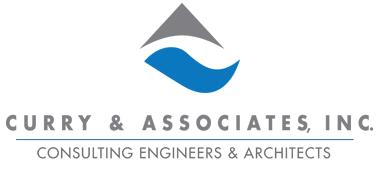
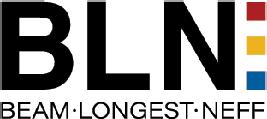
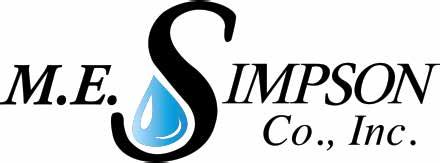
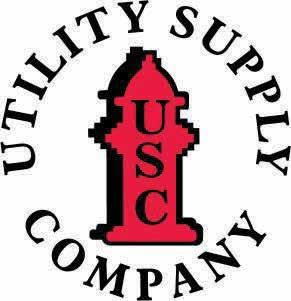


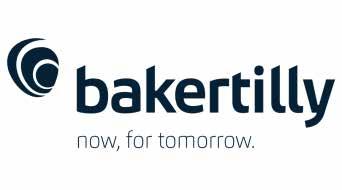
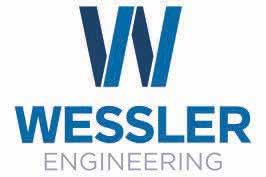






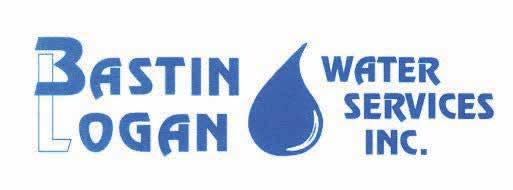
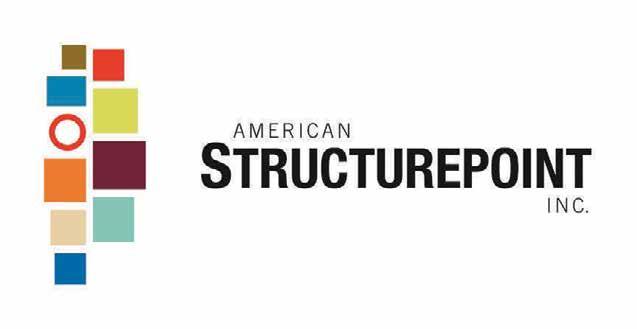
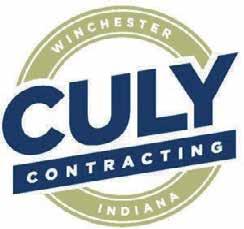
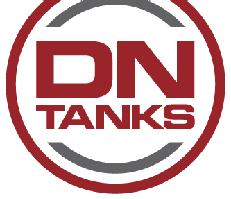

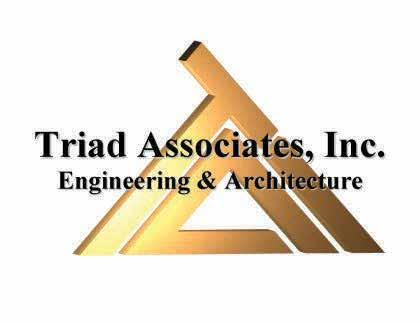

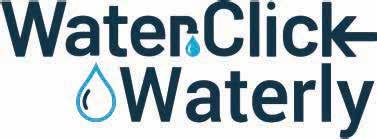

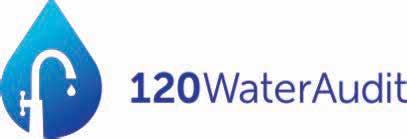


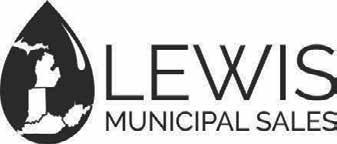

NewsLeaks is made possible by the companies below who convey their important messages on our pages. We thank them for their support of INAWWA and its publication and encourage you to contact them when making your purchasing decisions. To make it easier to contact these companies, we have included the page number of their advertisement, their phone number, and, where applicable, their website. You can also go to the electronic version of NewsLeaks at www.inawwa.org and access direct links to any of these companies.

AMERICAN Ductile Iron Pipe 25 205-325-7701 www.american-usa.com
American Structurepoint, Inc. 35 317-547-5580 www.structurepoint.com
Bastin-Logan Water Services 38 317-738-4577 www.bastinlogan.com
Beam, Longest and Neff, LLC 12 317-849-5832 www.b-l-n.com
Commonwealth Engineers, Inc. 8 317-888-1177 www.commonwealthengineers.com
Curry & Associates, Inc. 19 317-745-6995 www.recurry.com
Dixon Engineering, Inc. 10 616-374-3221 www.dixonengineering.net
E.J. Prescott 2 800-357-2447 www.ejprescott.com
Ford Meter Box Company 24 260-563-3171 www.fordmeterbox.com
George E. Booth Co., Inc. 21 317-247-0100 www.gebooth.com
Gripp, Inc. 8 317-896-3700 www.grippinc.com
GRW Engineers, Inc. 14 317-347-3650 www.grwinc.com
H2fl ow Controls, Inc. 27 888-635-0296 www.h2fl ow.net
Hawkins 4 765-288-8930 www.hawkinsinc.com
HWC Engineering 18 317-347-3663 www.hwcengineering.com
Jones & Henry Engineers, Ltd. 4 419-473-9611 www.JHeng.com
Kokosing Industrial, Inc. 28 317-891-1136 www.kokosingindustrial.com
LabtronX 27 615-831-2554 www.labtronx.com
M.E. Simpson Co., Inc. 6 800-255-1521 www.mesimpson.com
McMAHON 20 219-462-7743 www.mcmgrp.com
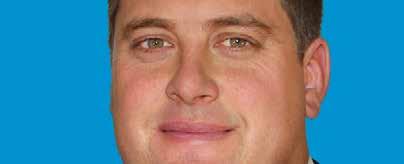
Midwestern Engineers, Inc. 10 812-295-2800 www.midwesterneng.com
Neptune Technology Group Inc. 13 800-633-8754 www.neptunetg.com/home
Oldcastle Infrastructure 13 888-965-3227 www.oldcastleinfrastructure.com
Ortman Drilling & Water Services 14 765-459-4125 www.ortmandrilling.com
Peerless-Midwest, Inc. 40 574-254-9050 www.peerlessmidwest.com
Pittsburg Tank & Tower Group Inc 30 270-826-9000 www.pttg.com S & K Equipment Company, Inc. 3 812-886-0245 www.skequipment.com
Strand Associates, Inc. 10 812-372-9911 www.strand.com
Triad Associates, Inc. 34 317-377-5230 www.triadassoc.net
Veolia Advanced Solutions USA 39 855-526-4413 www.veolia.com
Waller’s Meter, Inc. 23 888-485-7018 www.wallersmeterinc.com
Water Solutions Unlimited, Inc. 10 800-359-3570 www.getwsu.com

Wessler Engineering 33 317-788-4551 www.wesslerengineering.com
To reach water quality professionals through News Leaks magazine and its targeted readership, contact Dave at your earliest convenience to discuss your company’s promotional plan.
Dave Gill, Marketing Manager Toll Free: 866-985-9791, david@kelman.ca
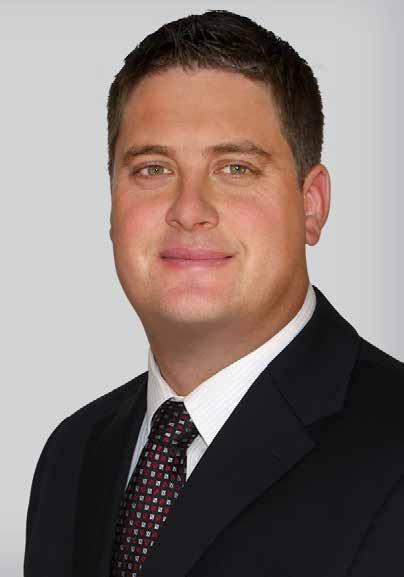
Office Phone (317) 738-4577
Fax Number (317) 738-9295 Mobile

Joe Paszek (317) 695-3496


Brian Logan (317) 439-2825

Rex Bussinger (317) 695-9222



John Britton (317) 439-4510


